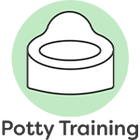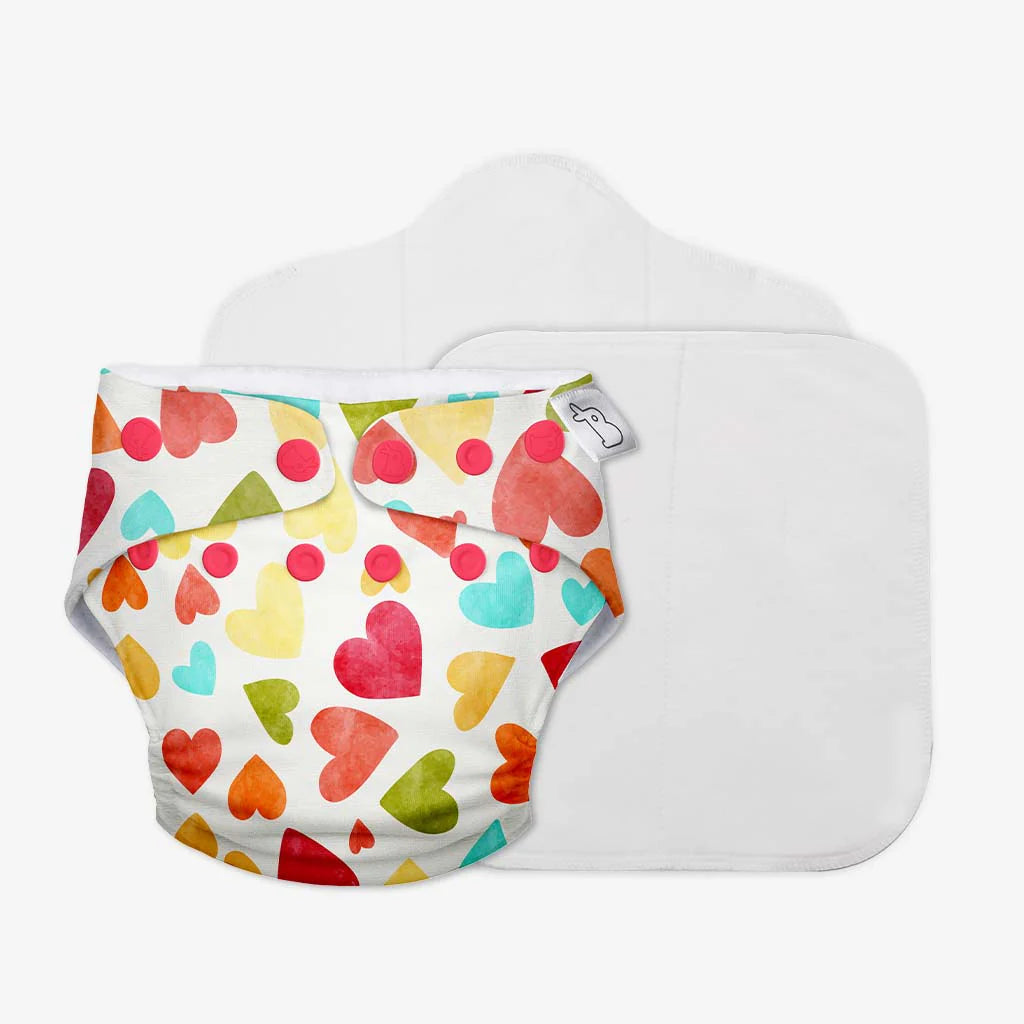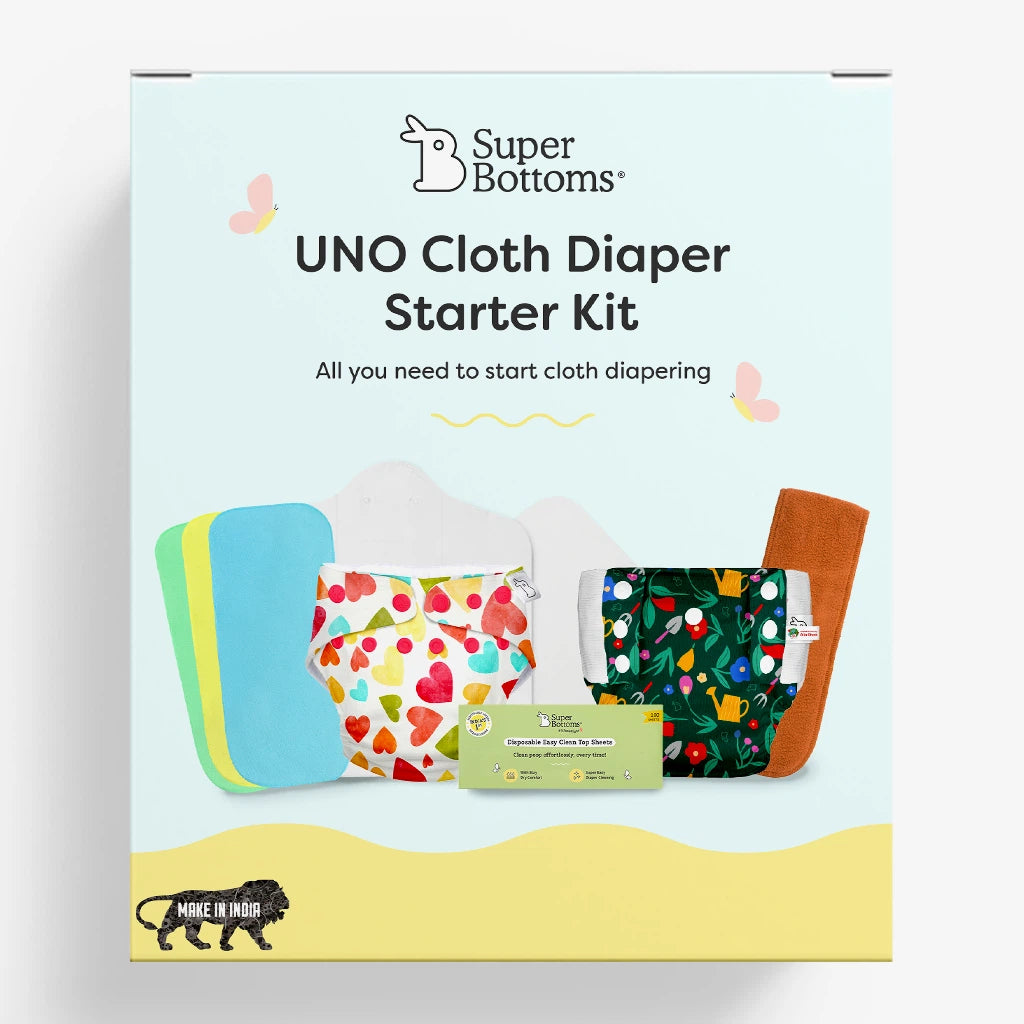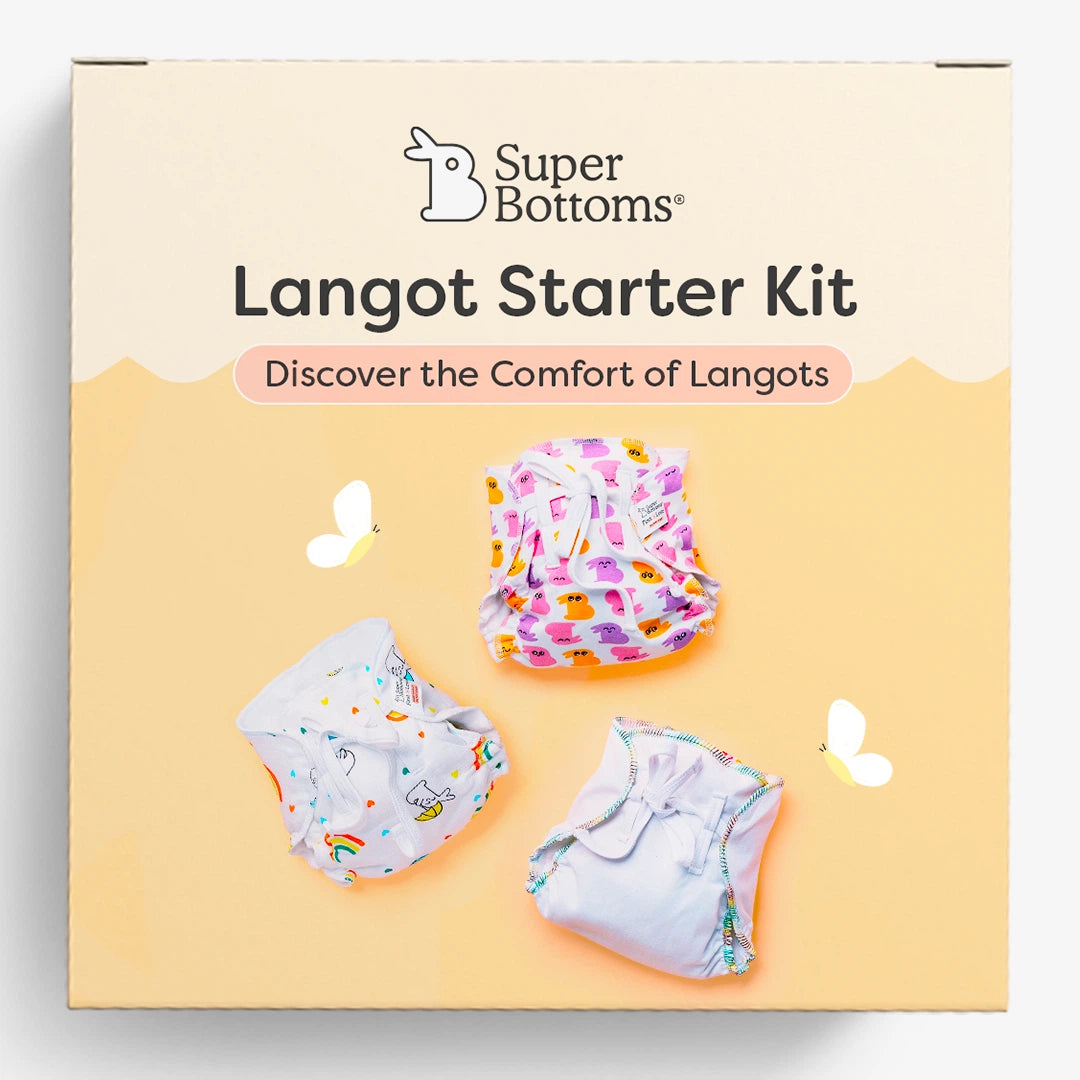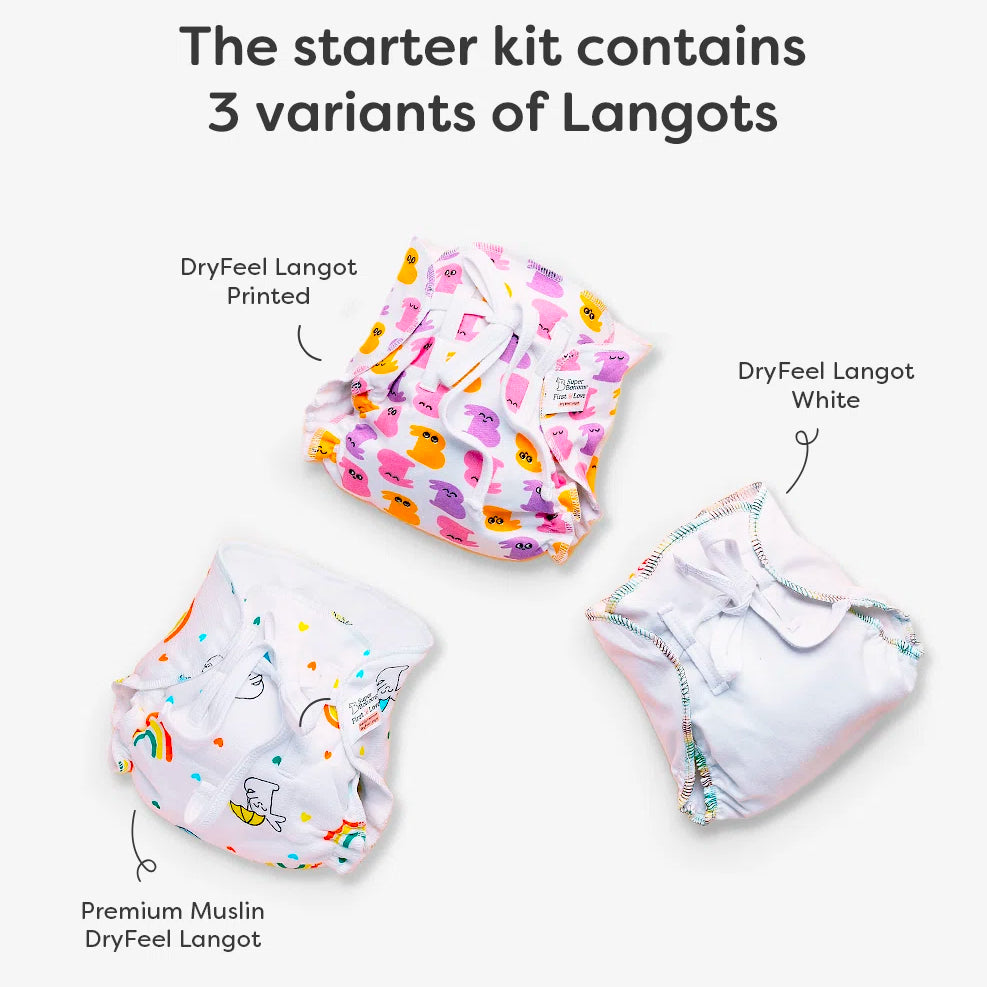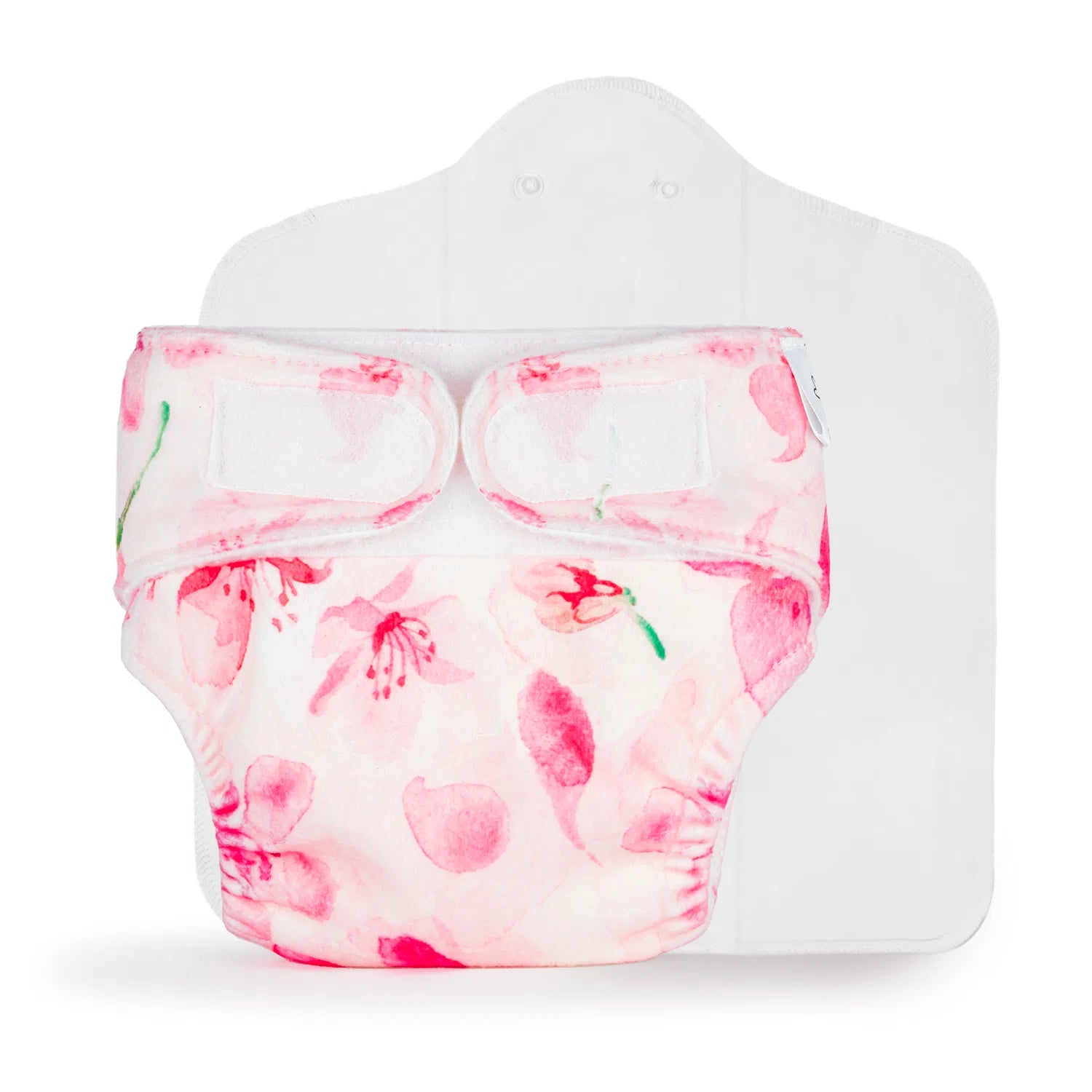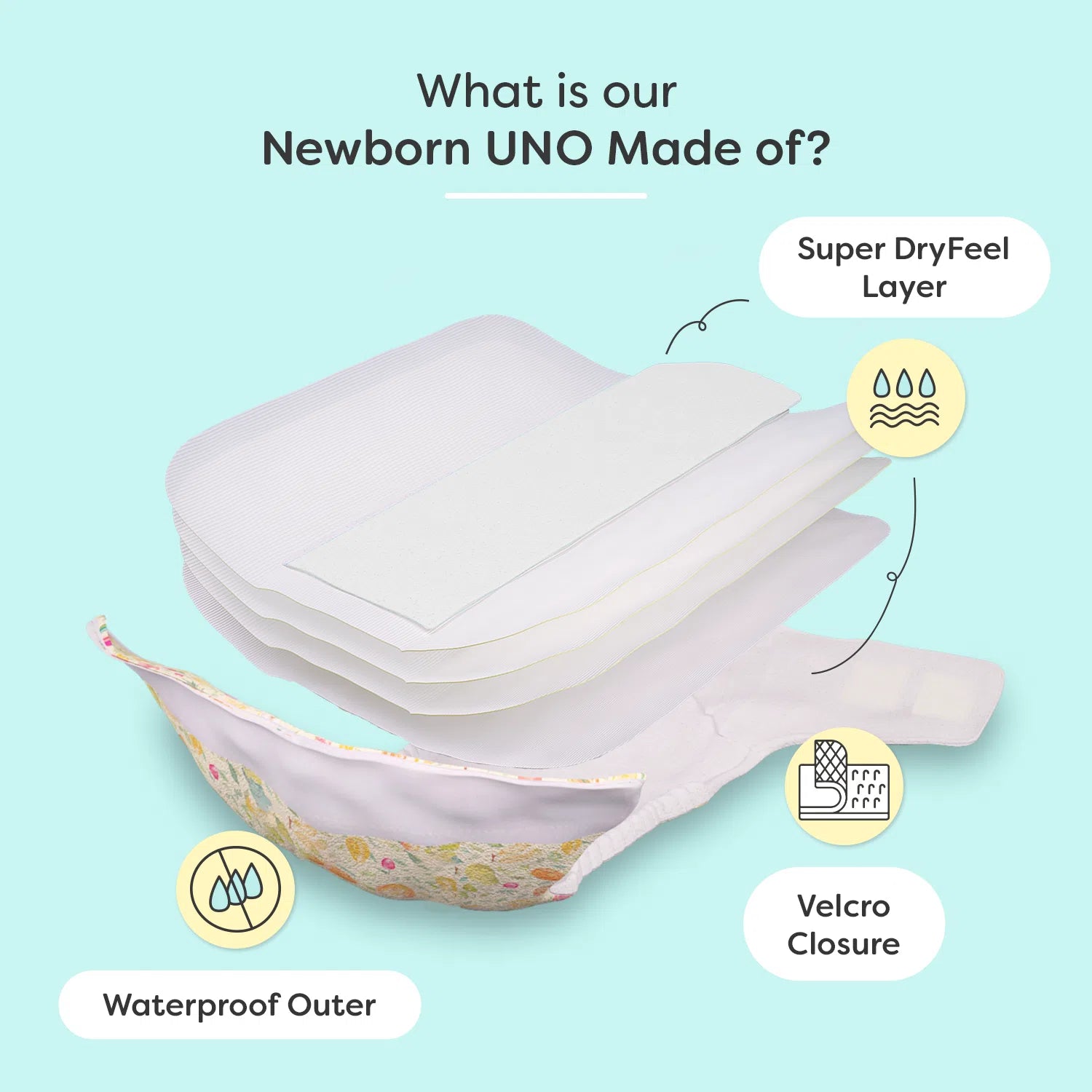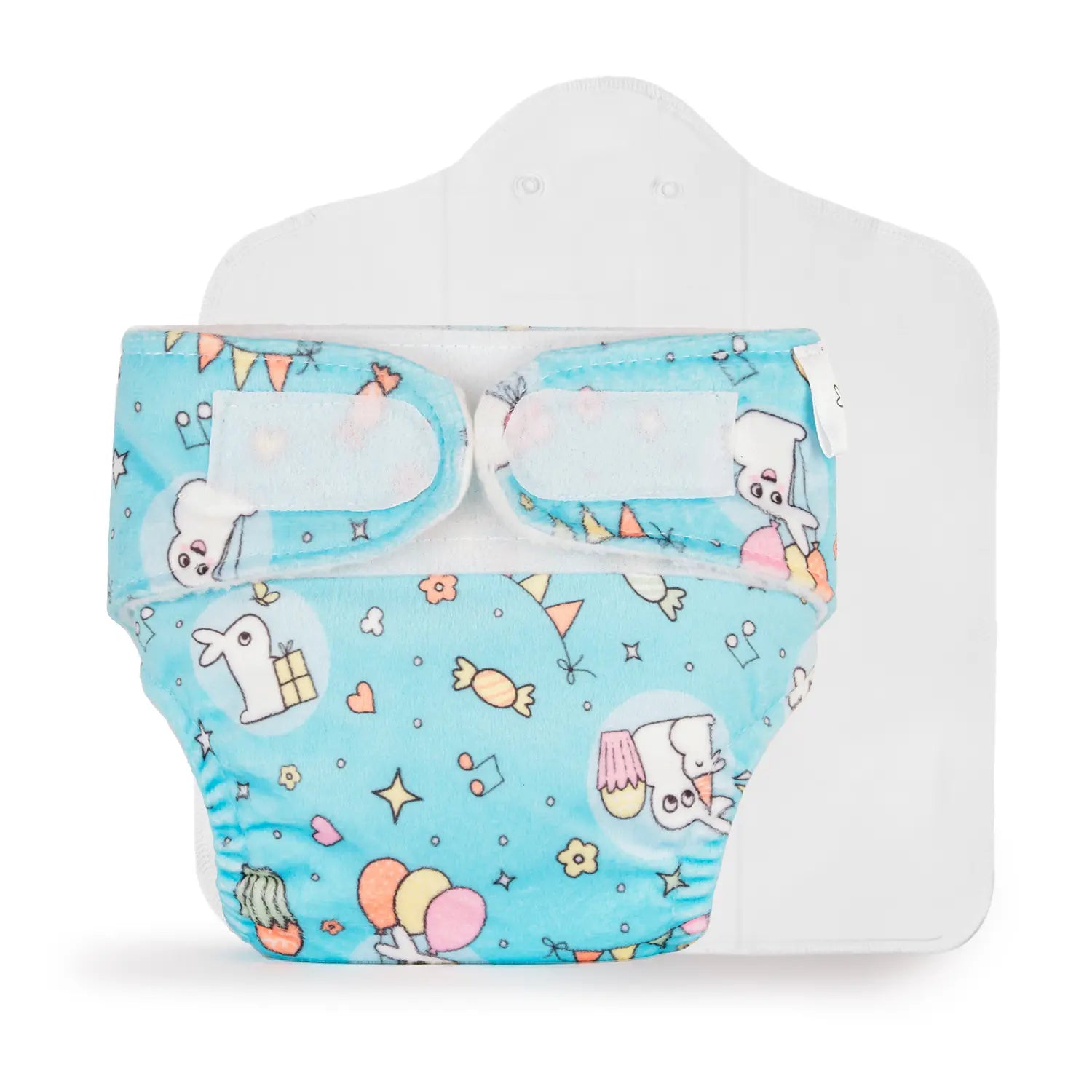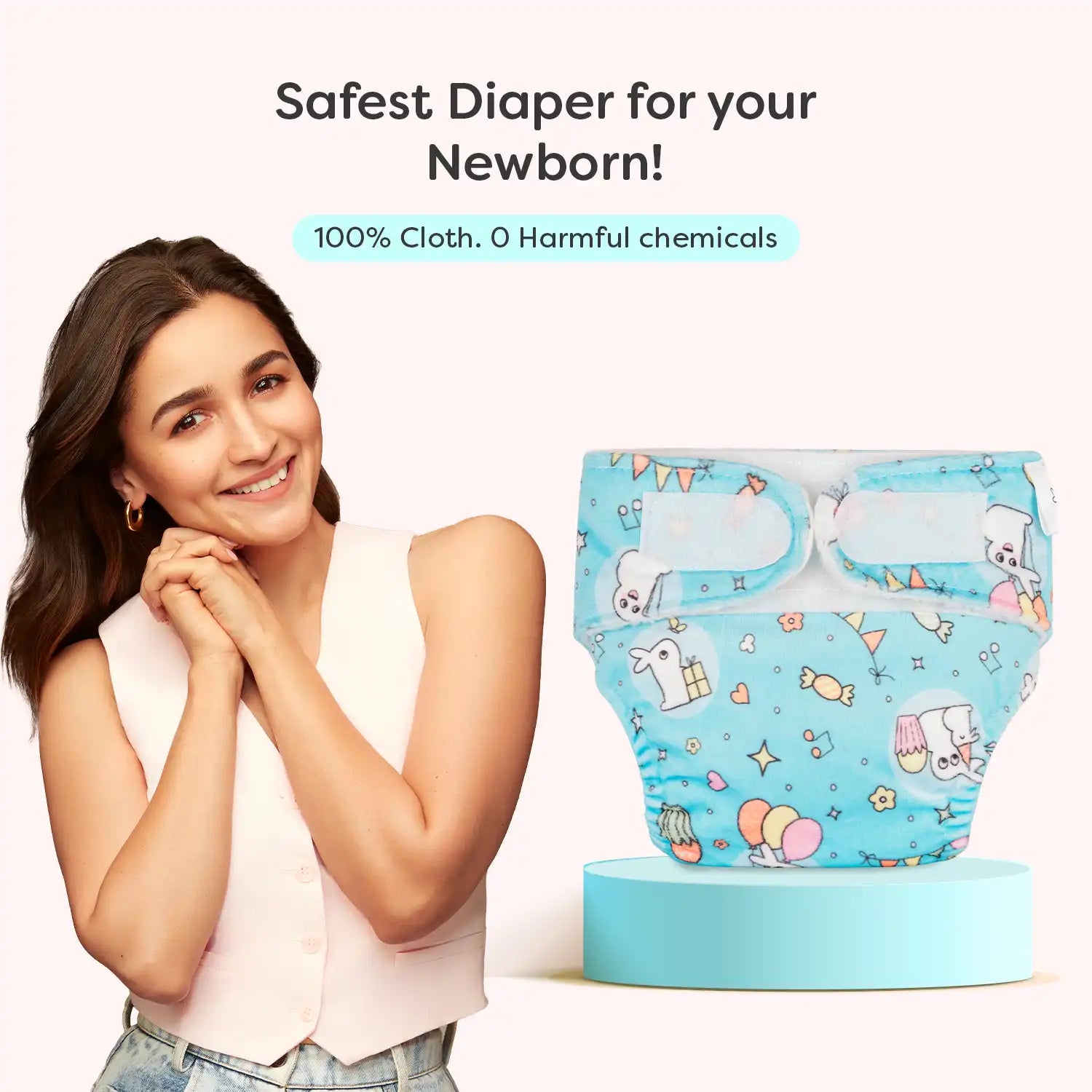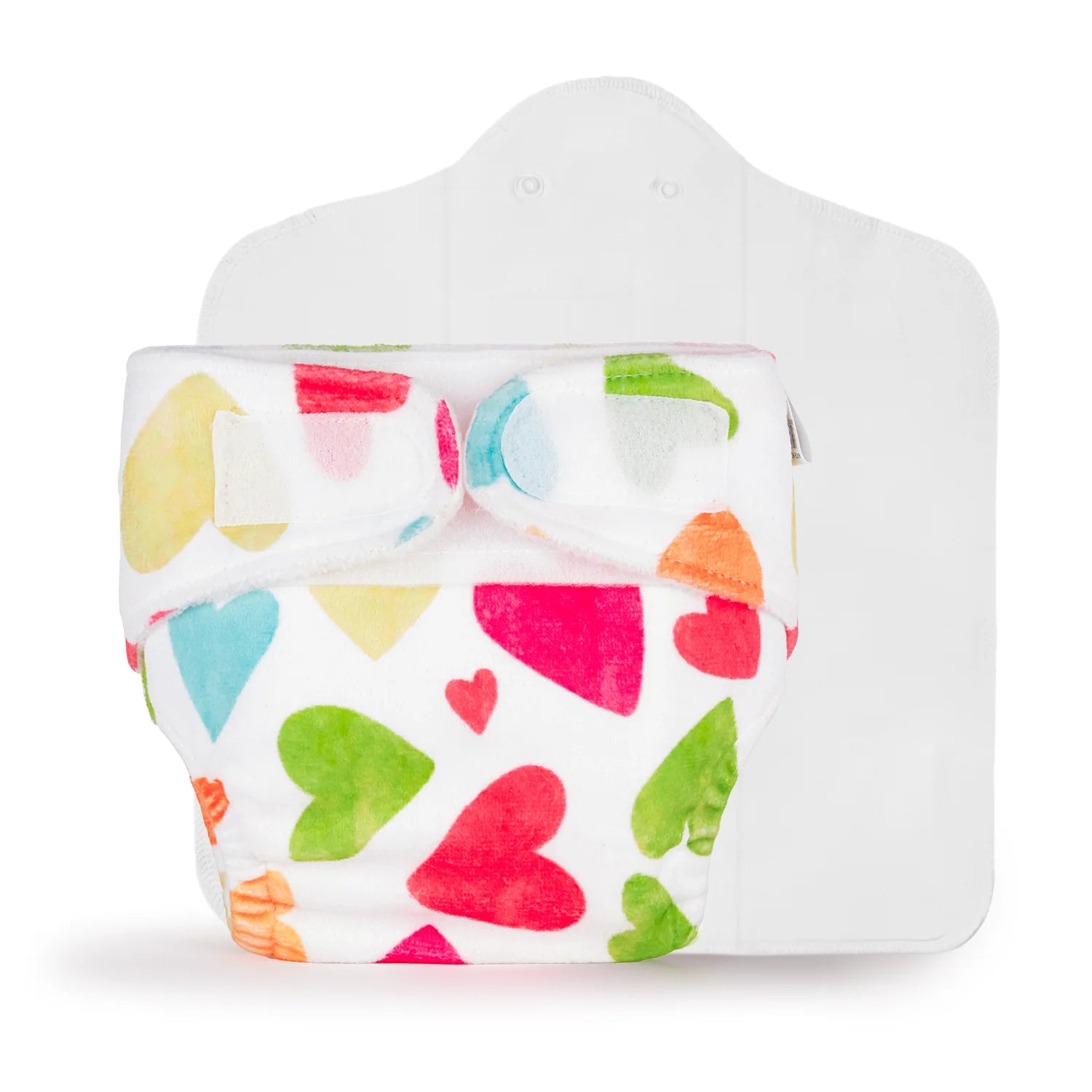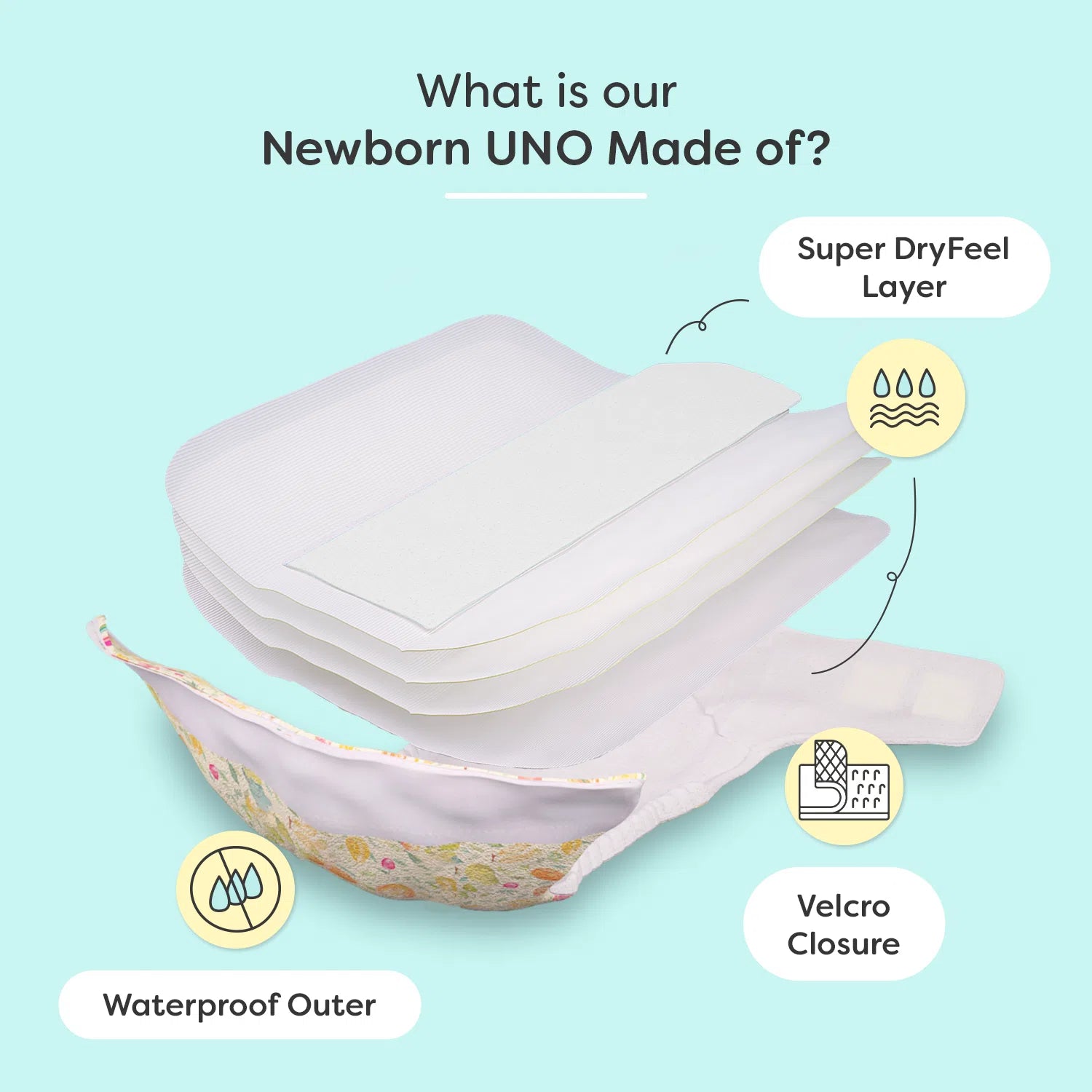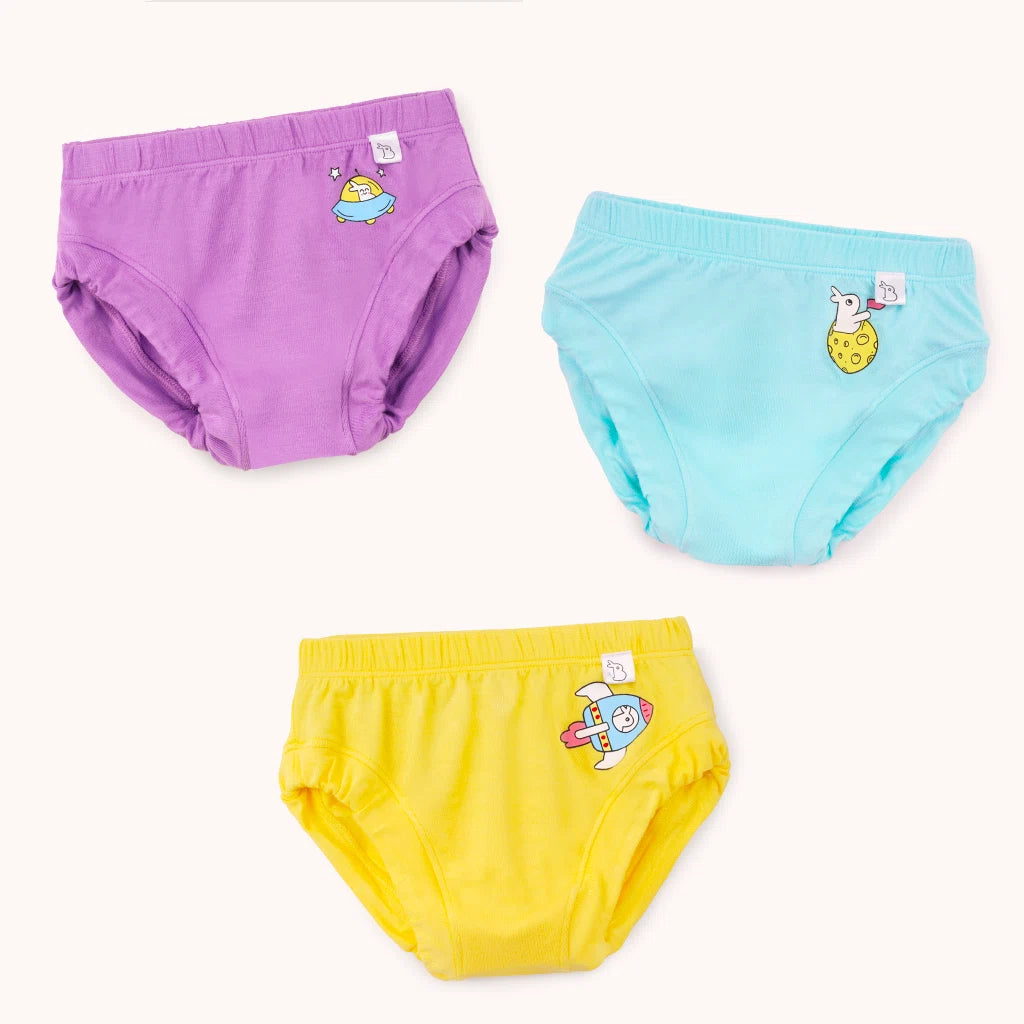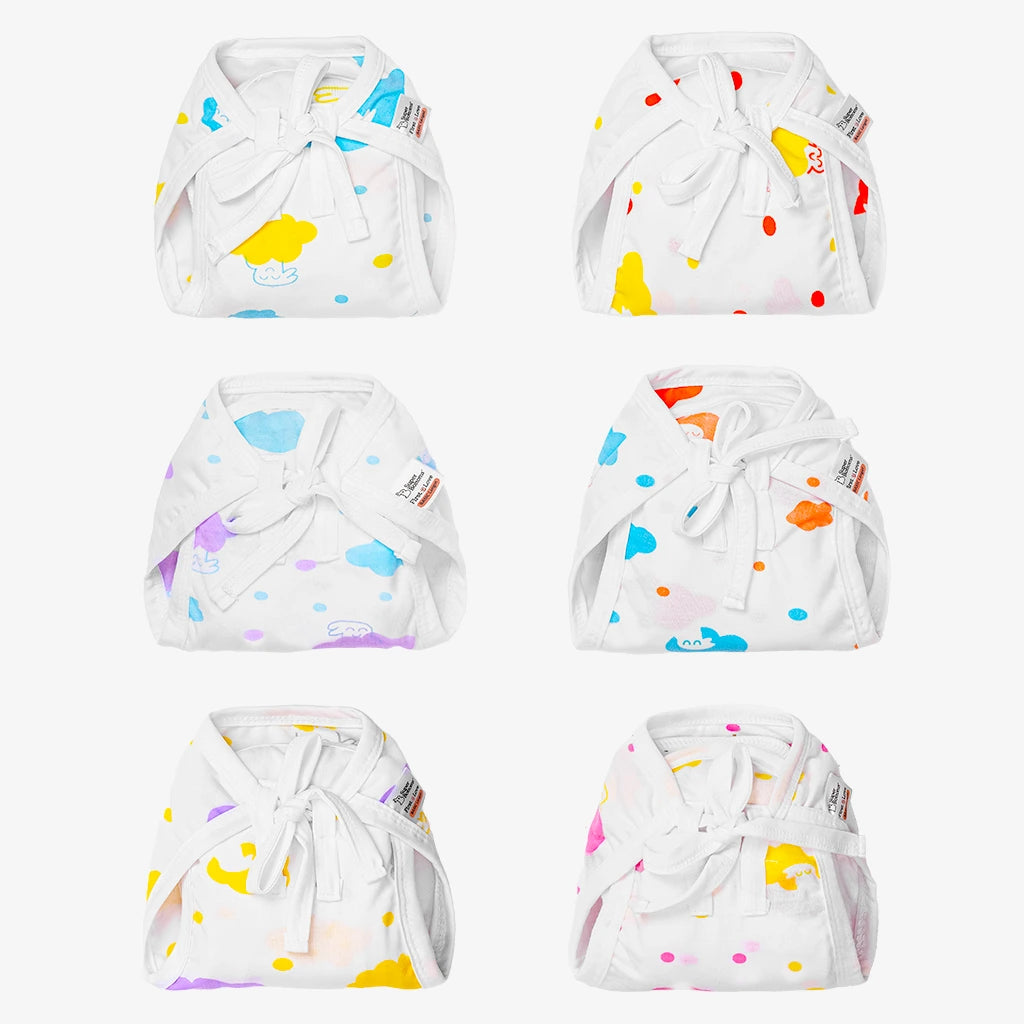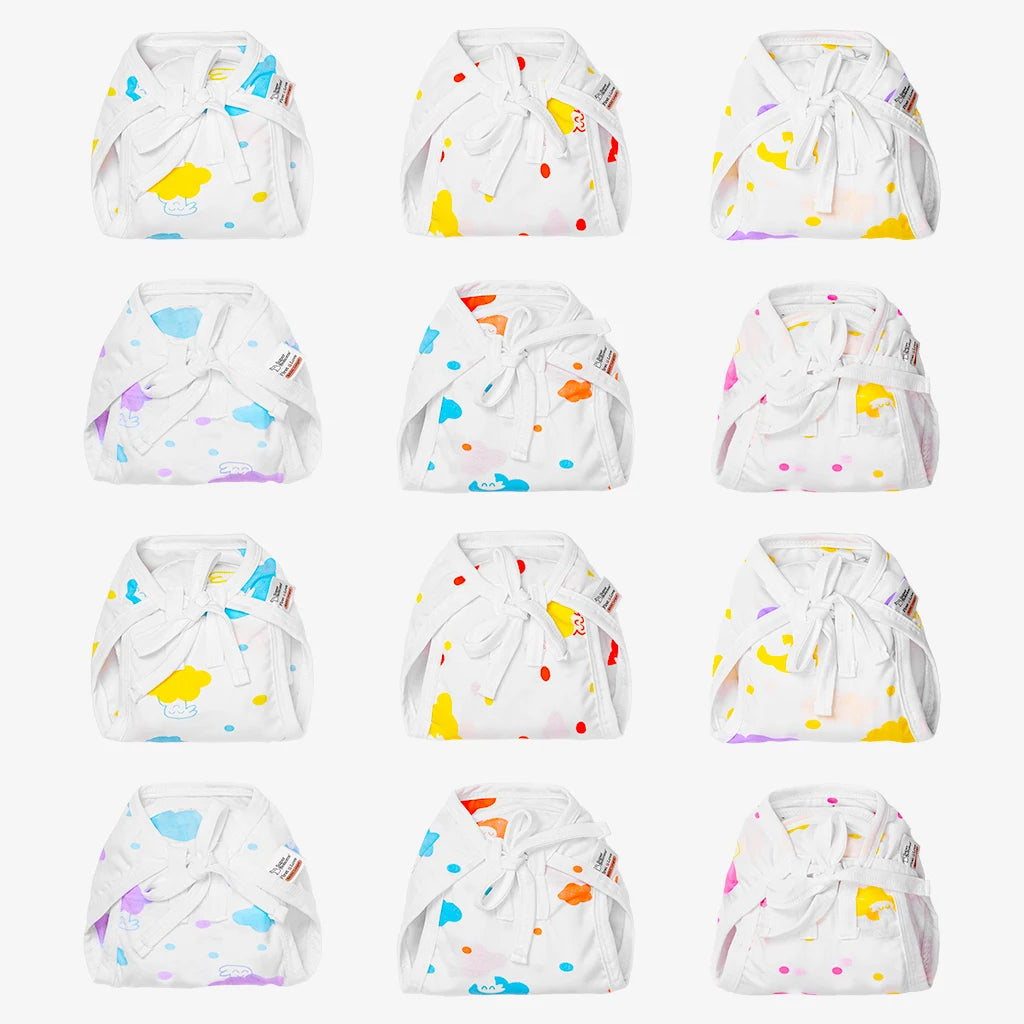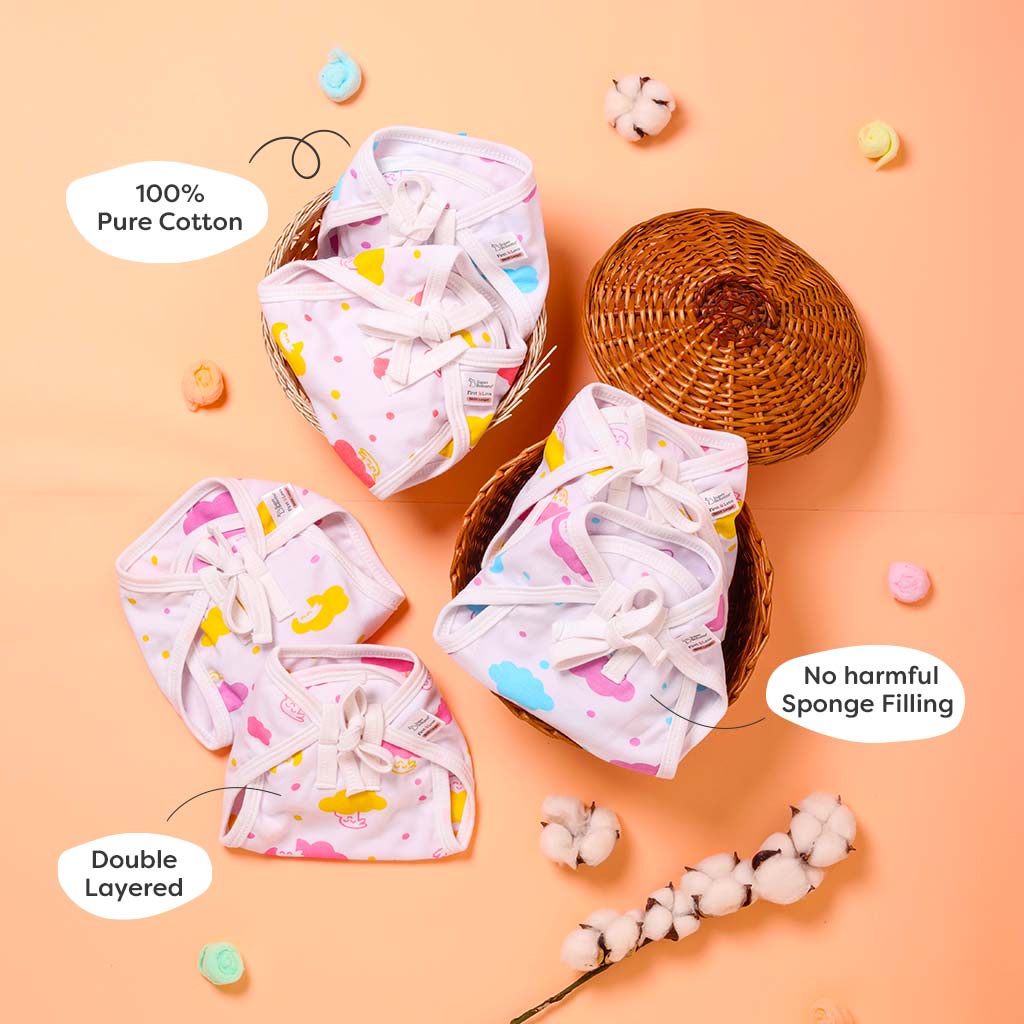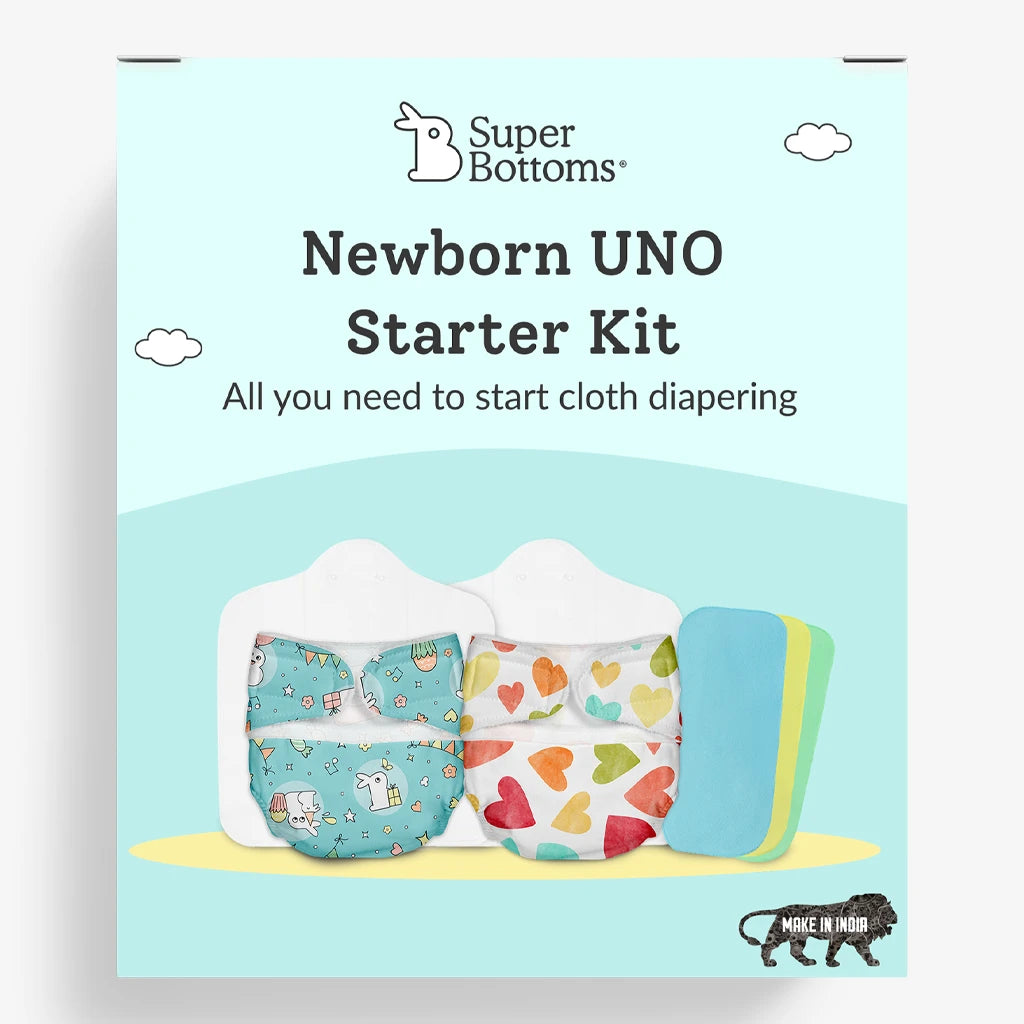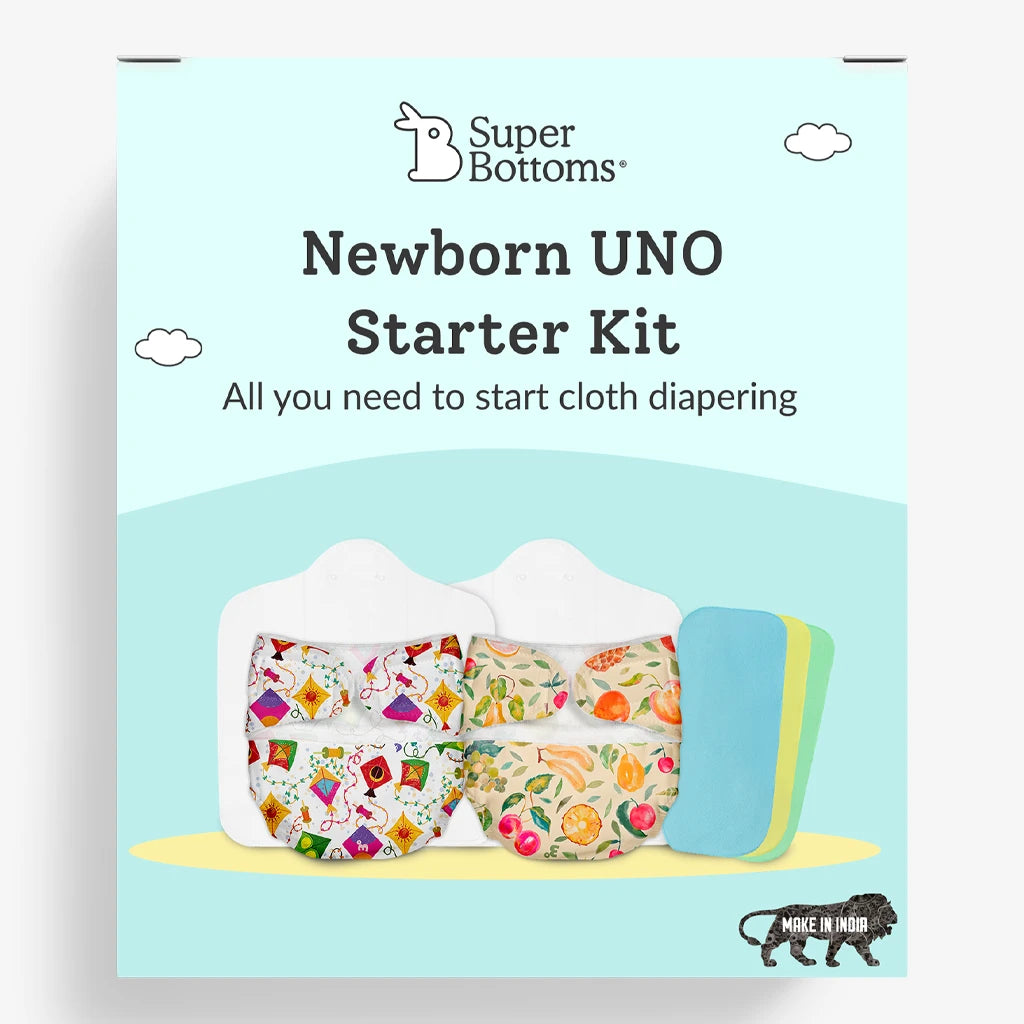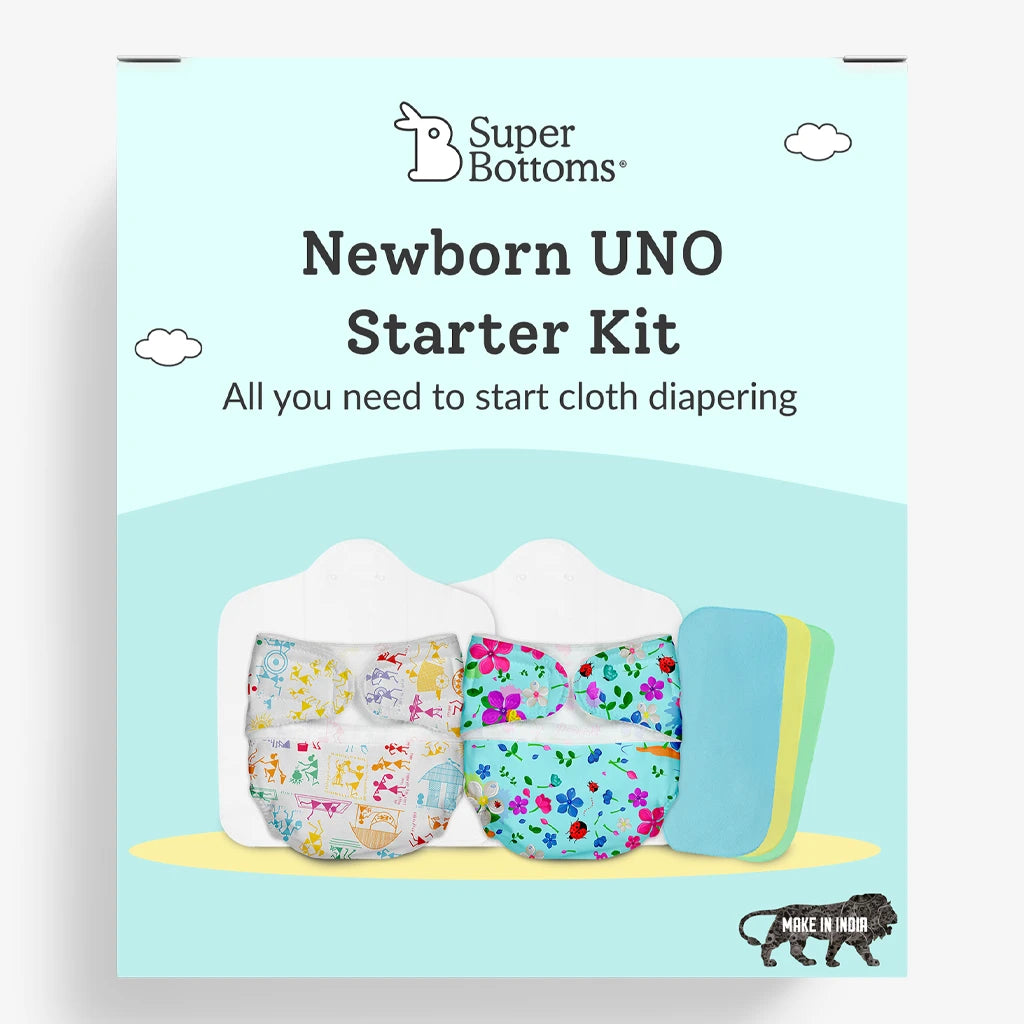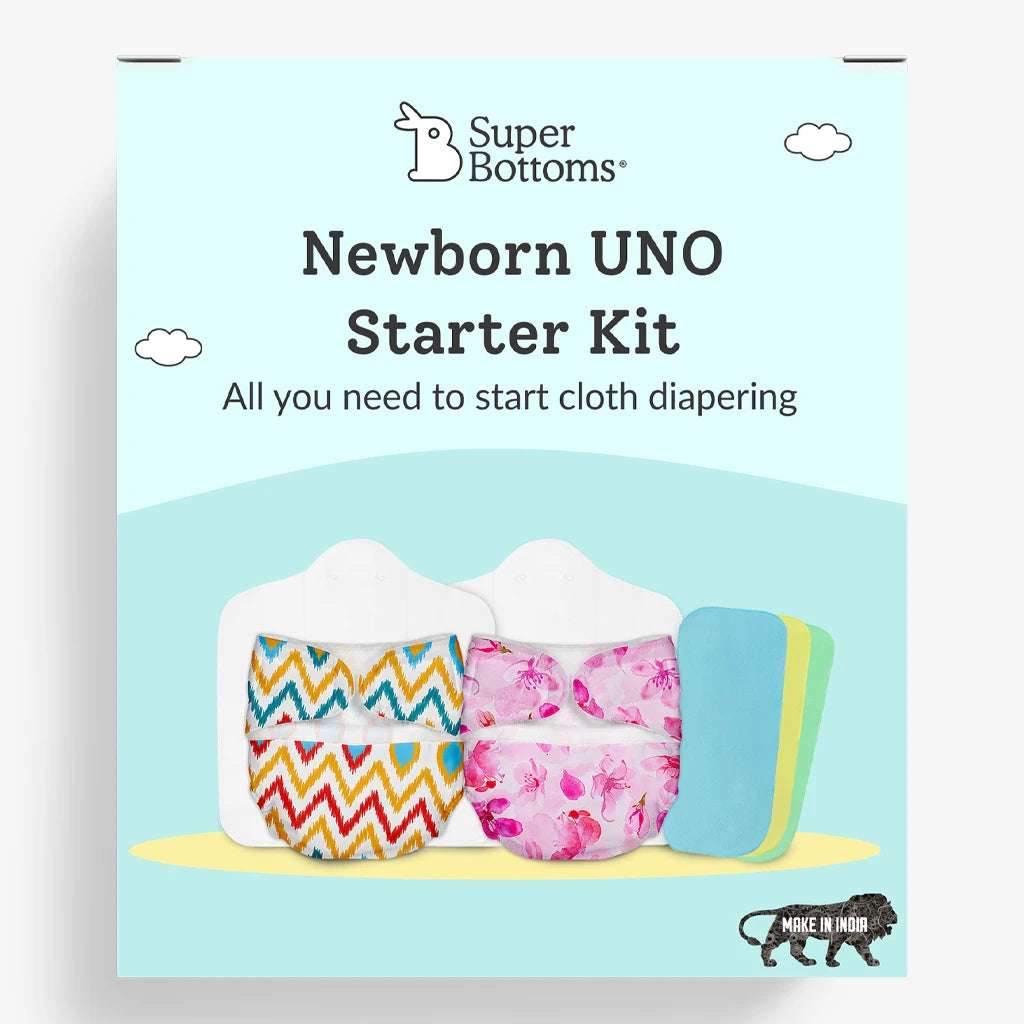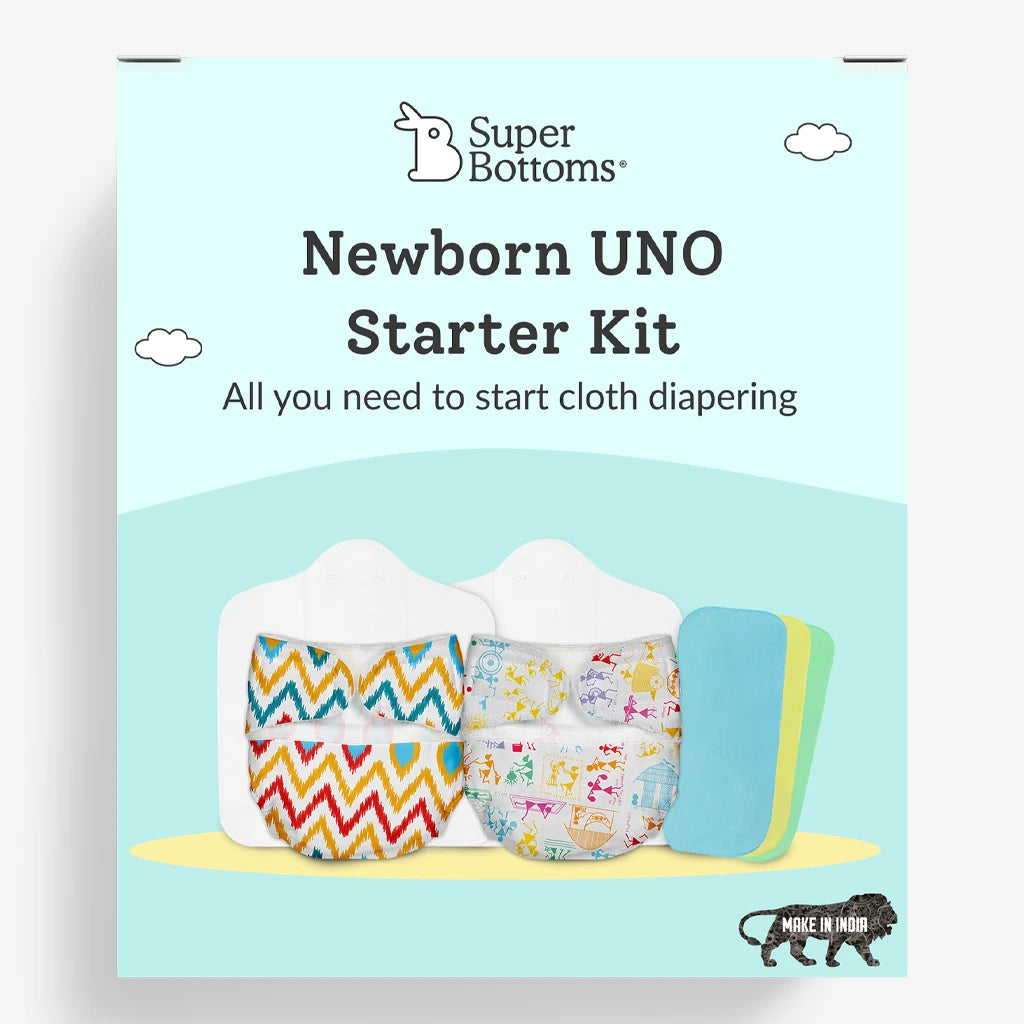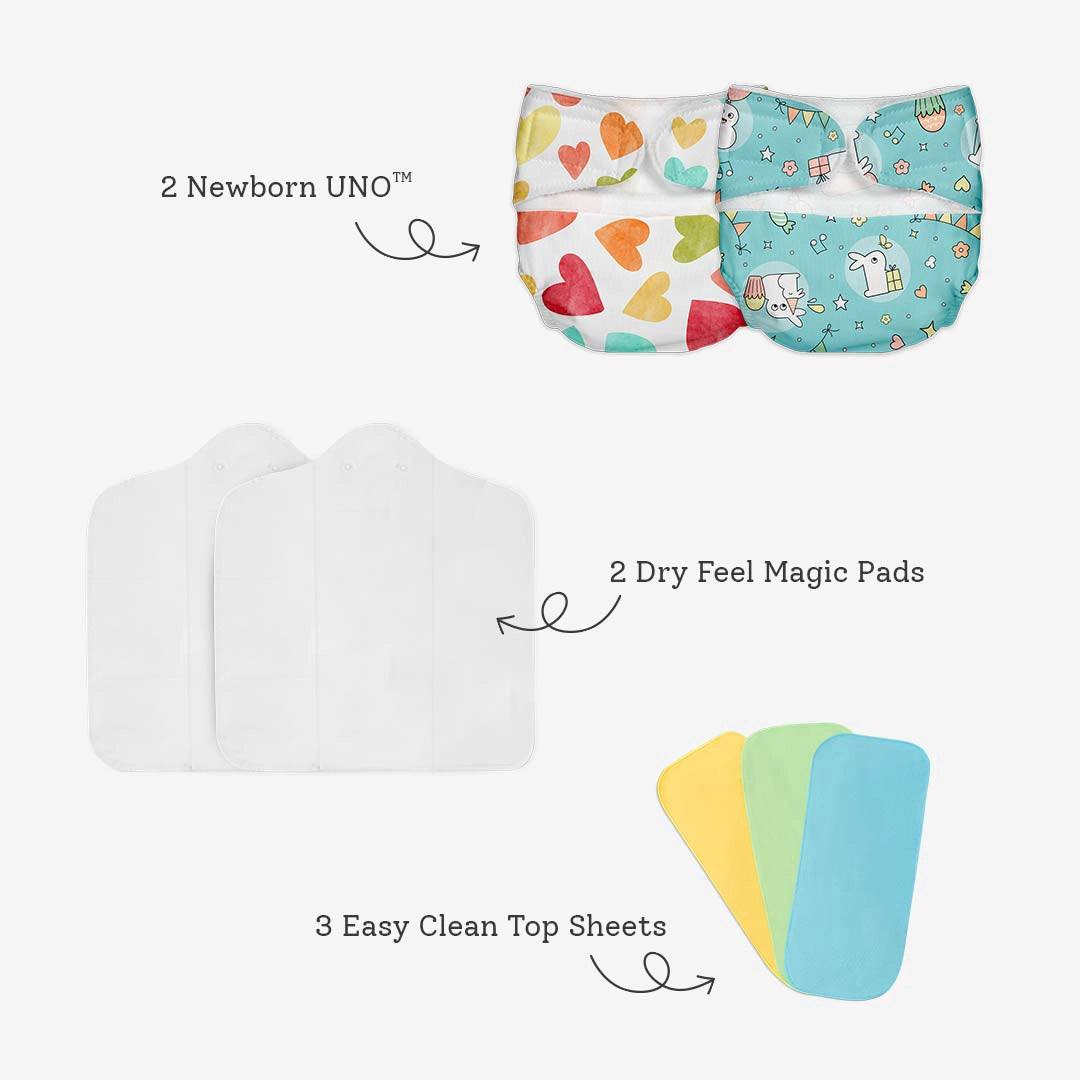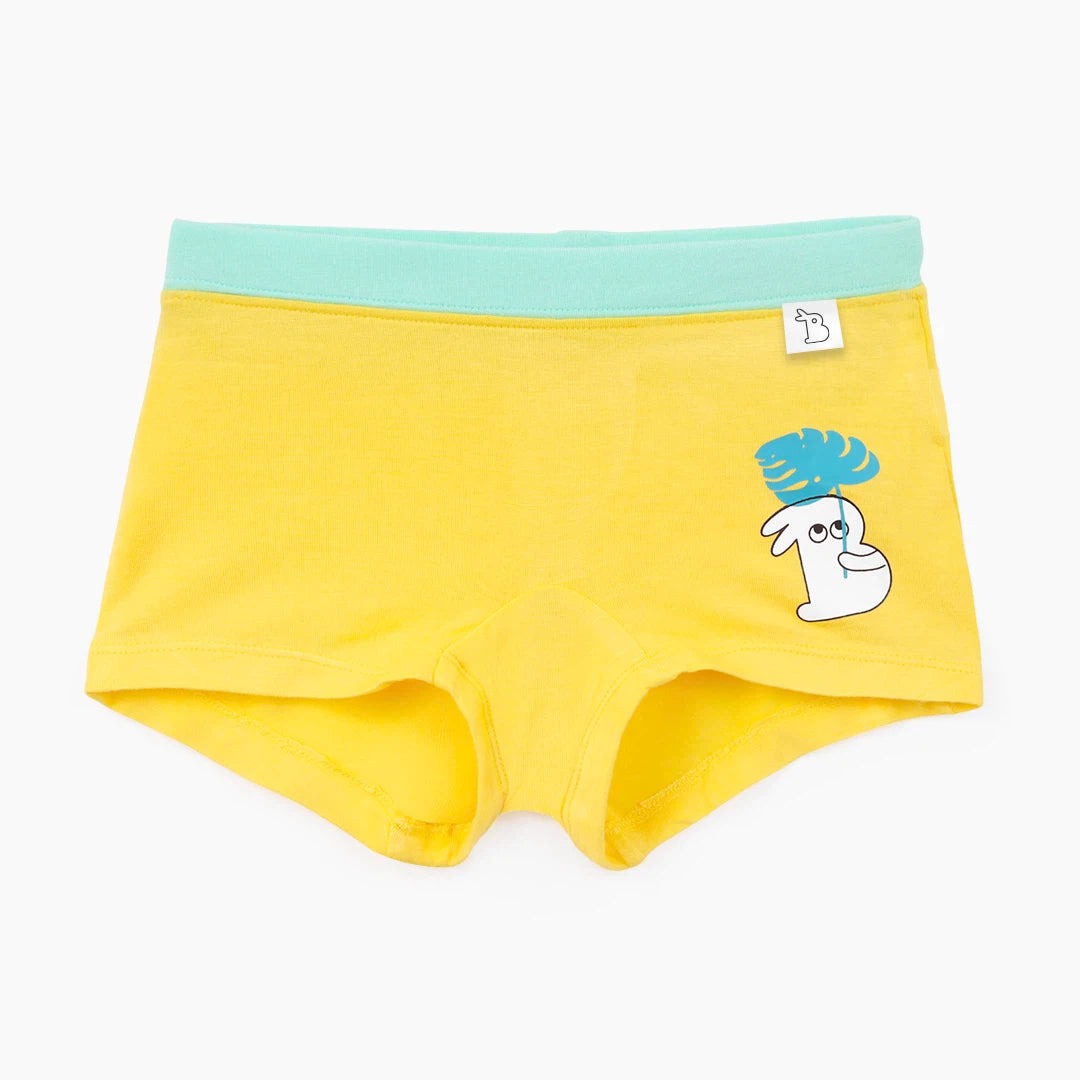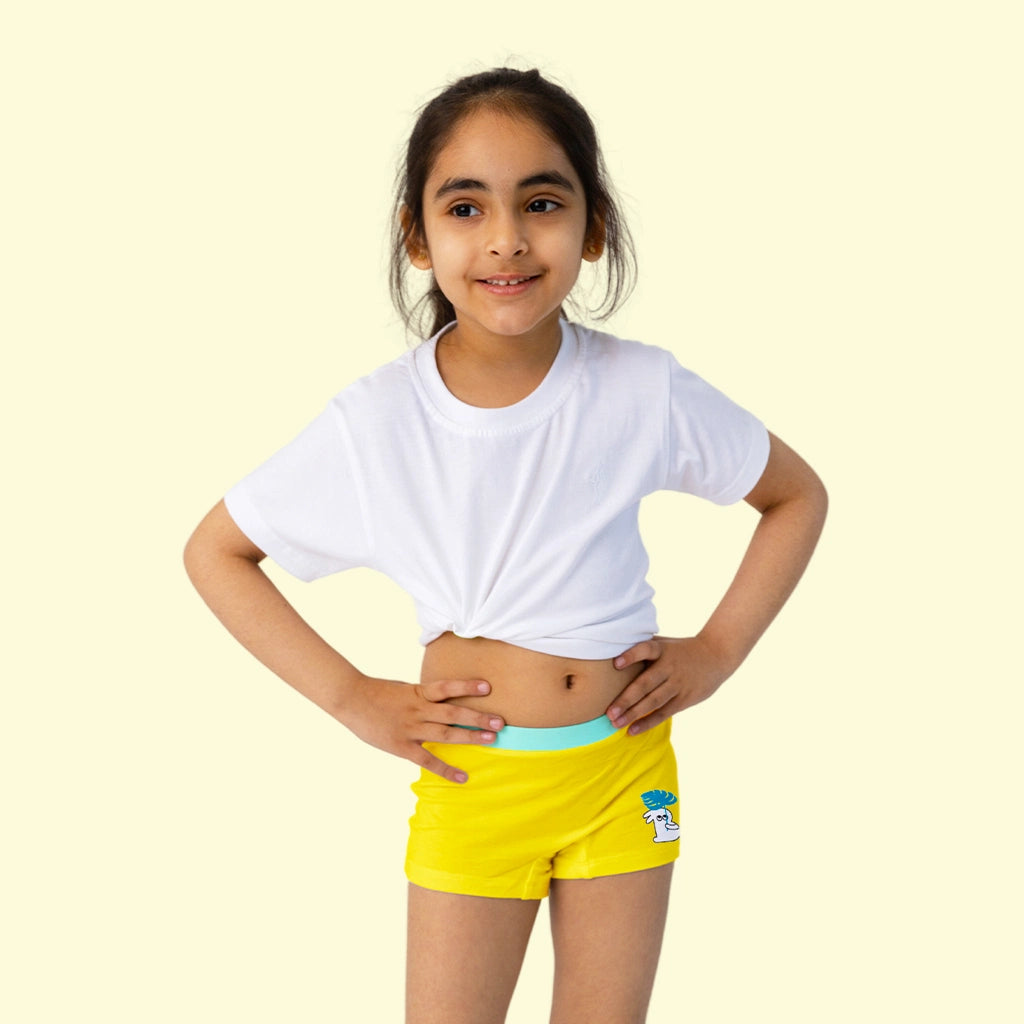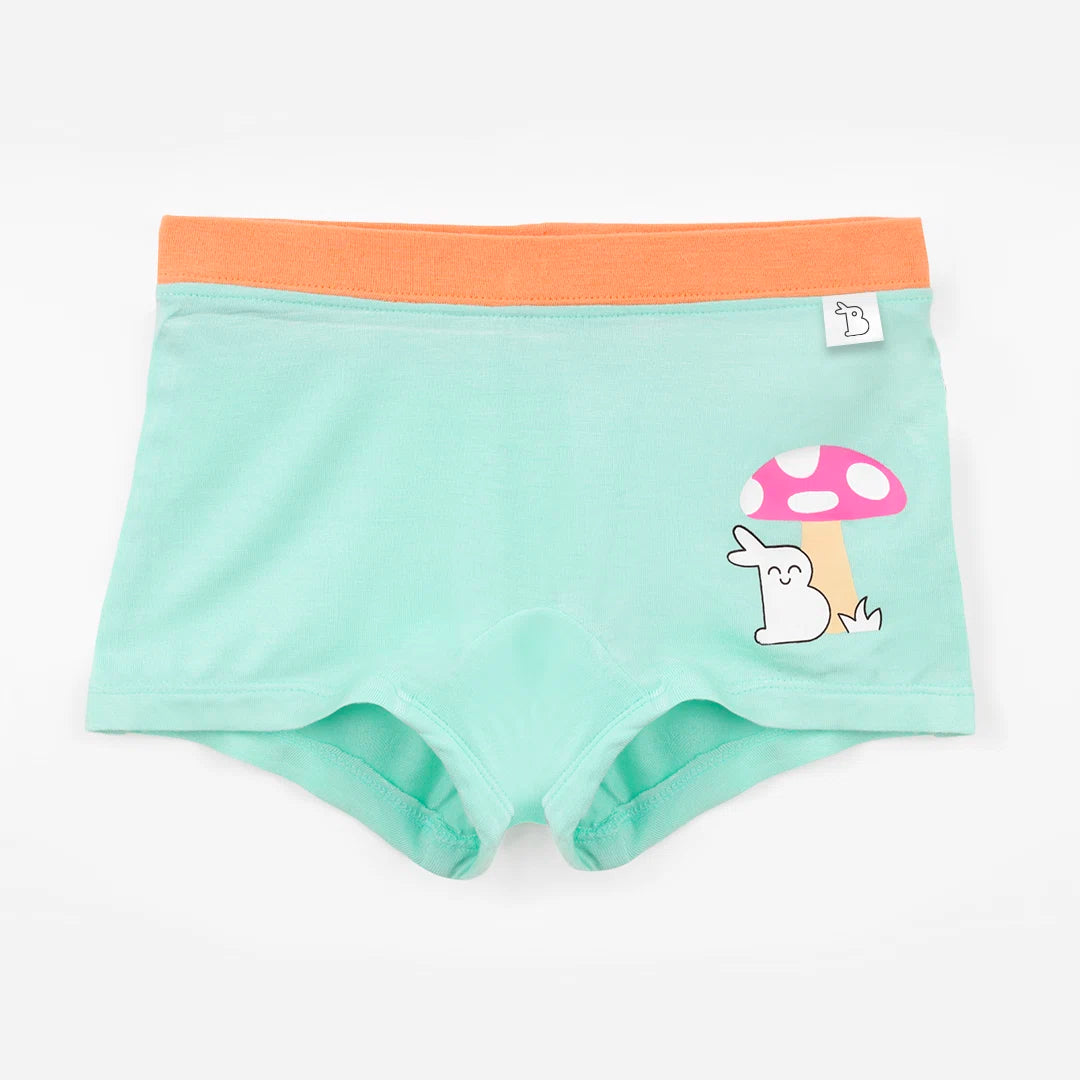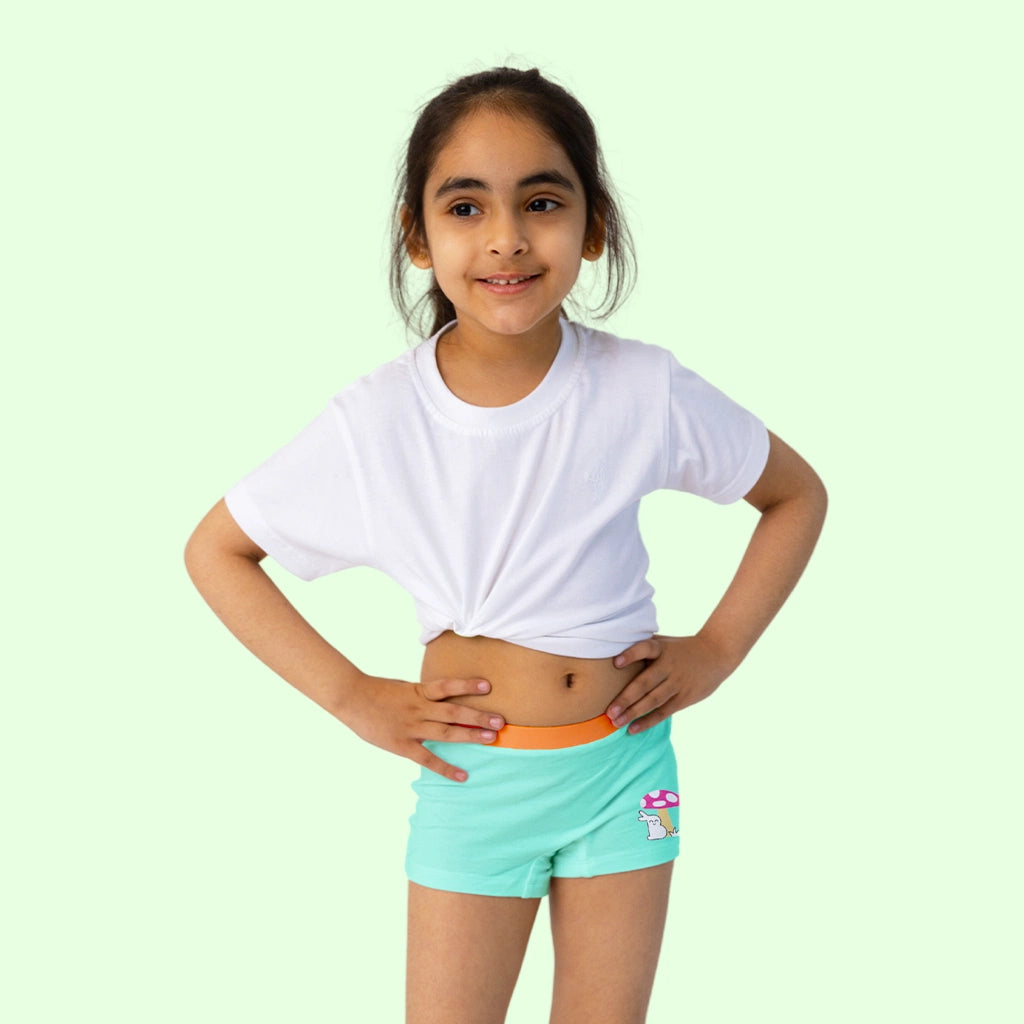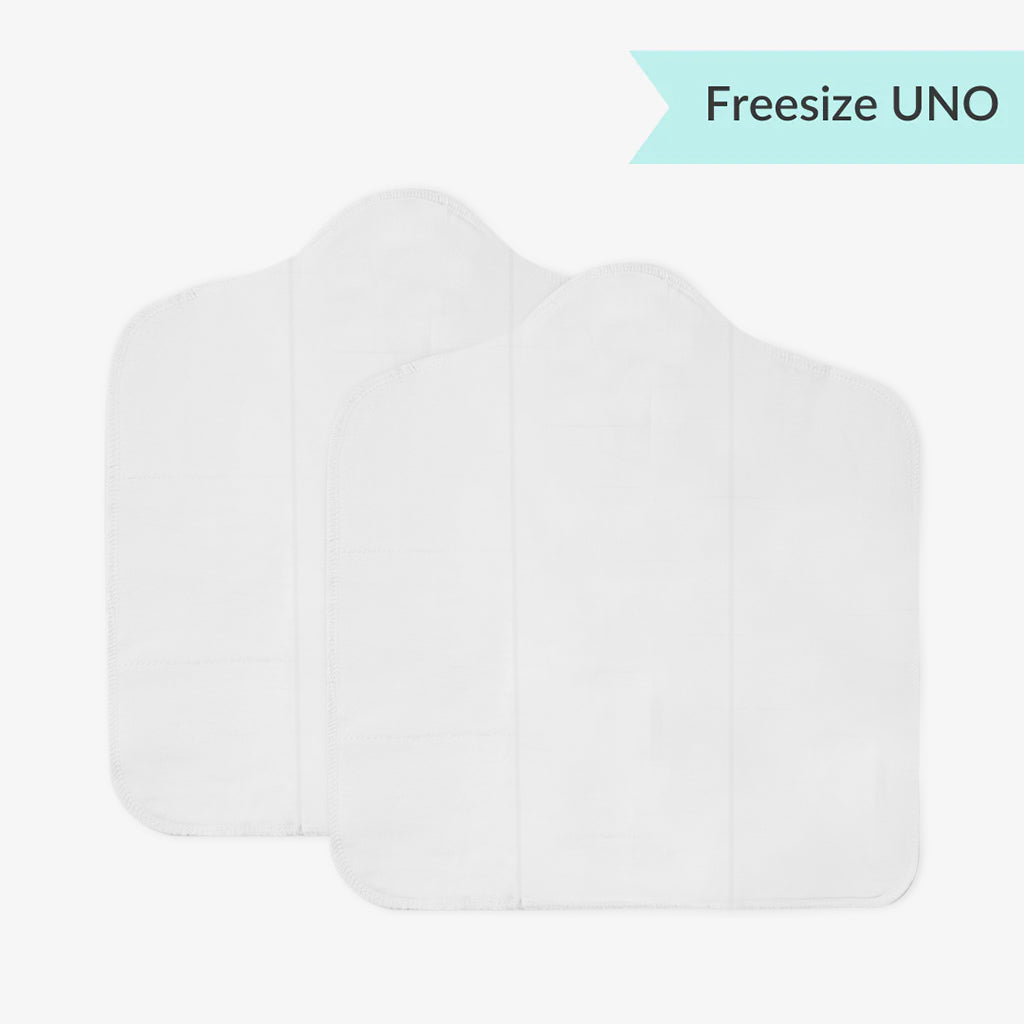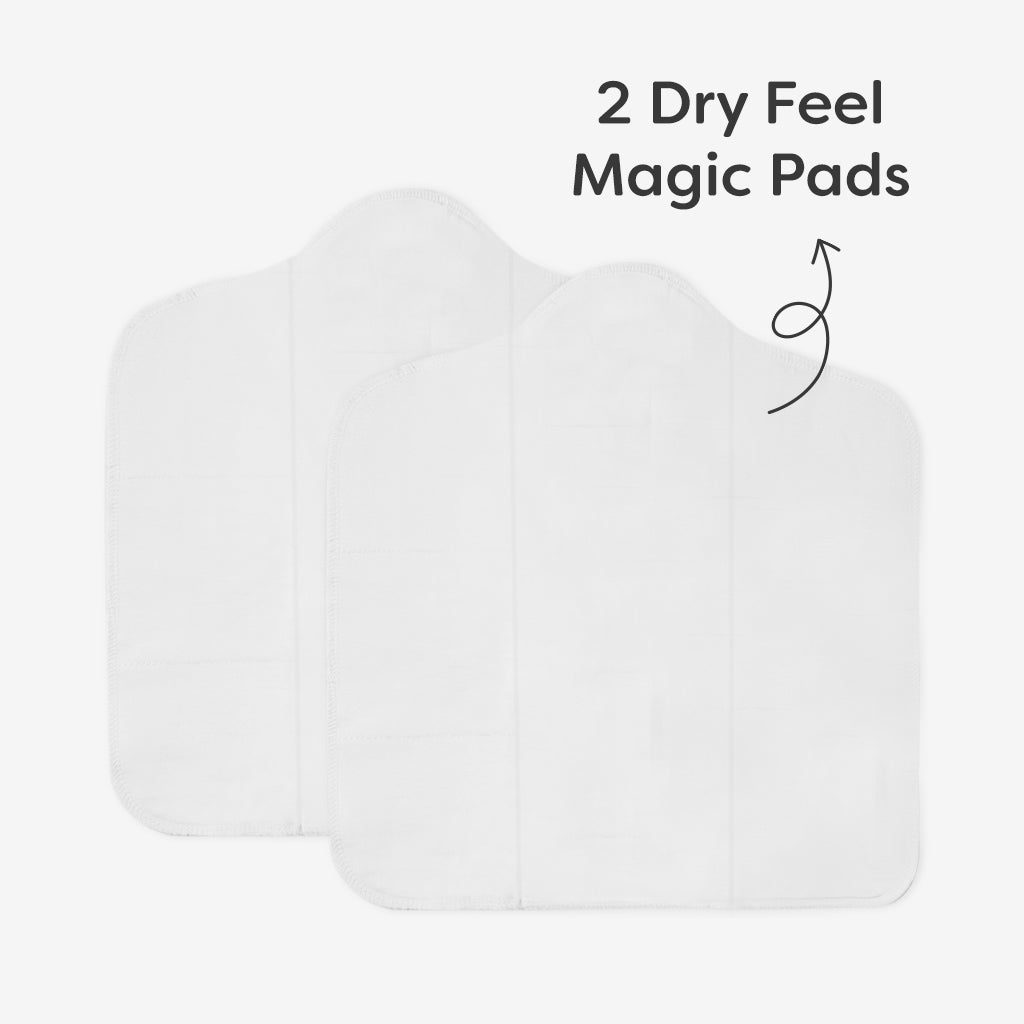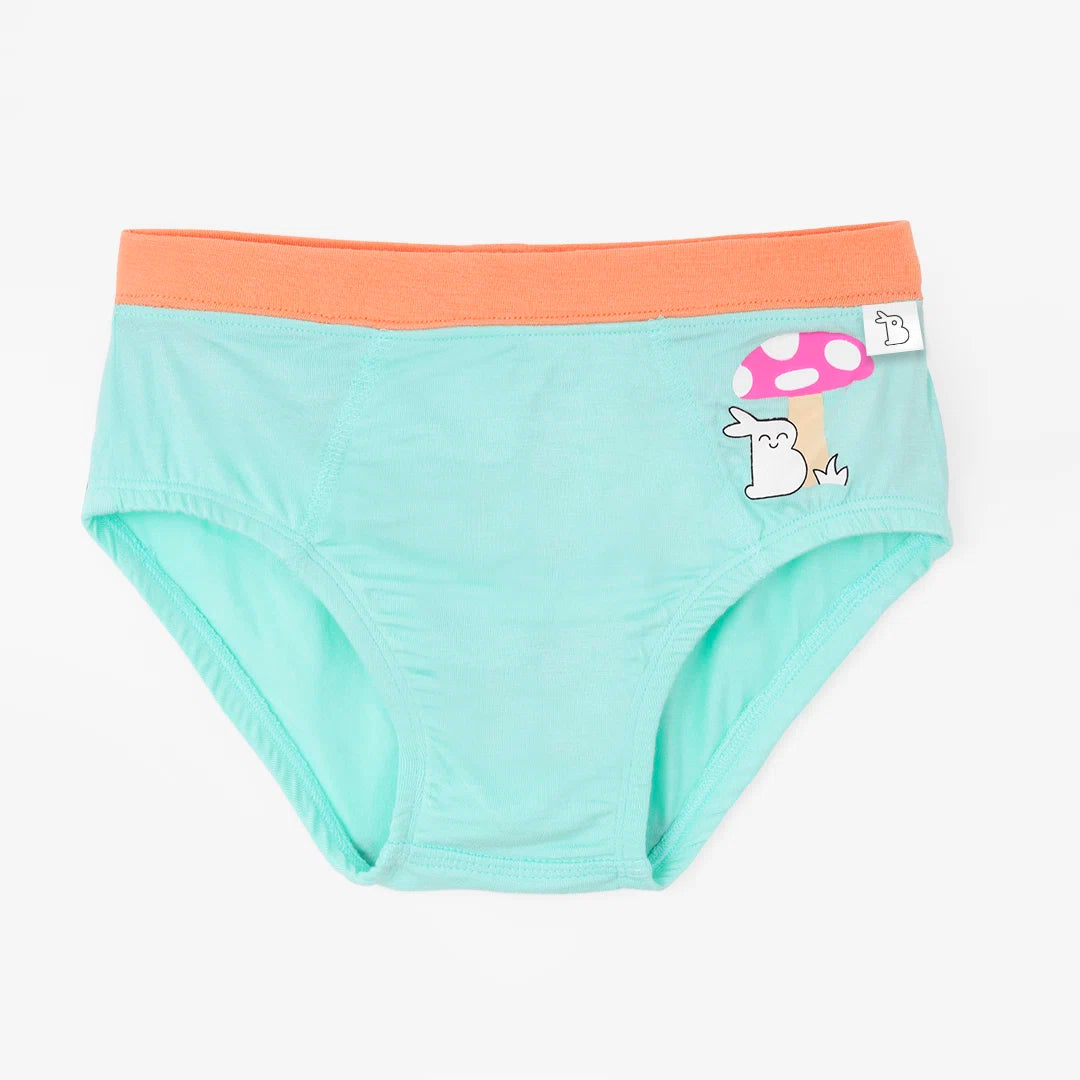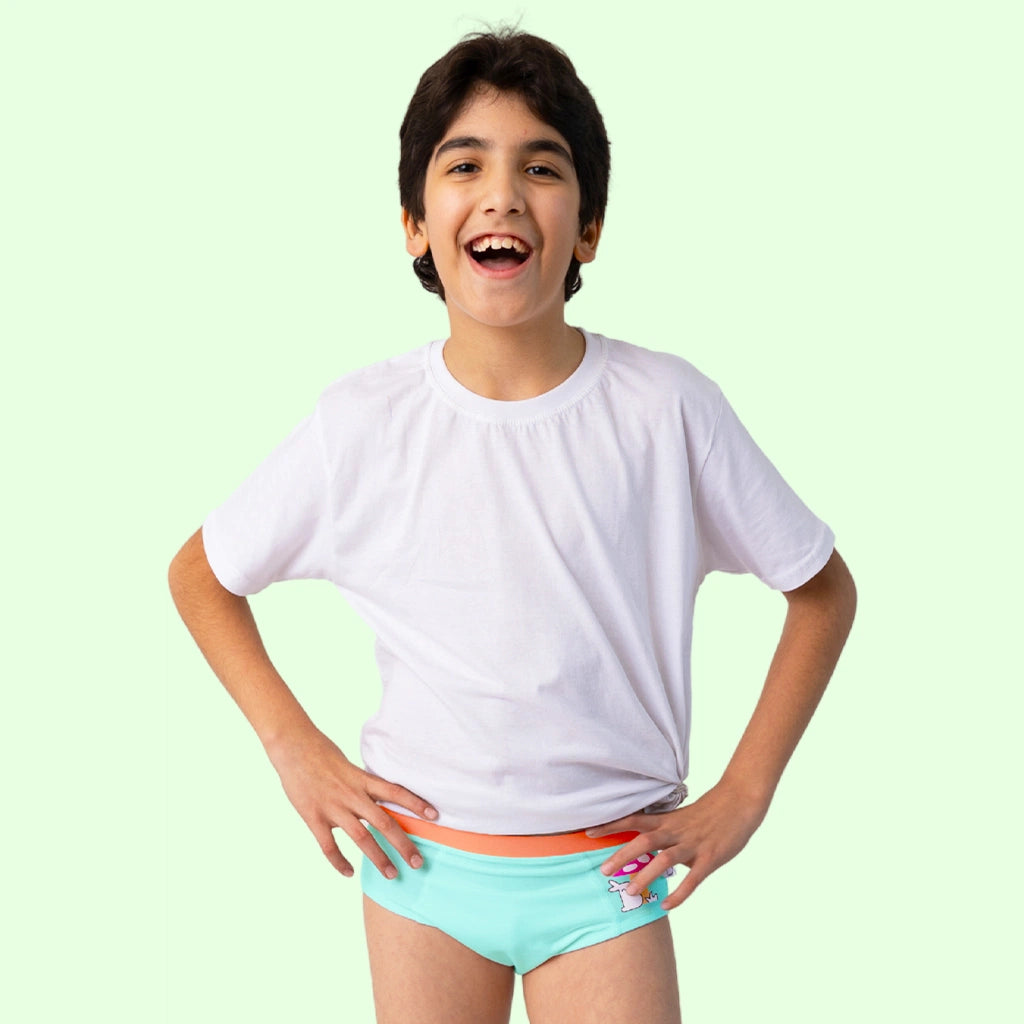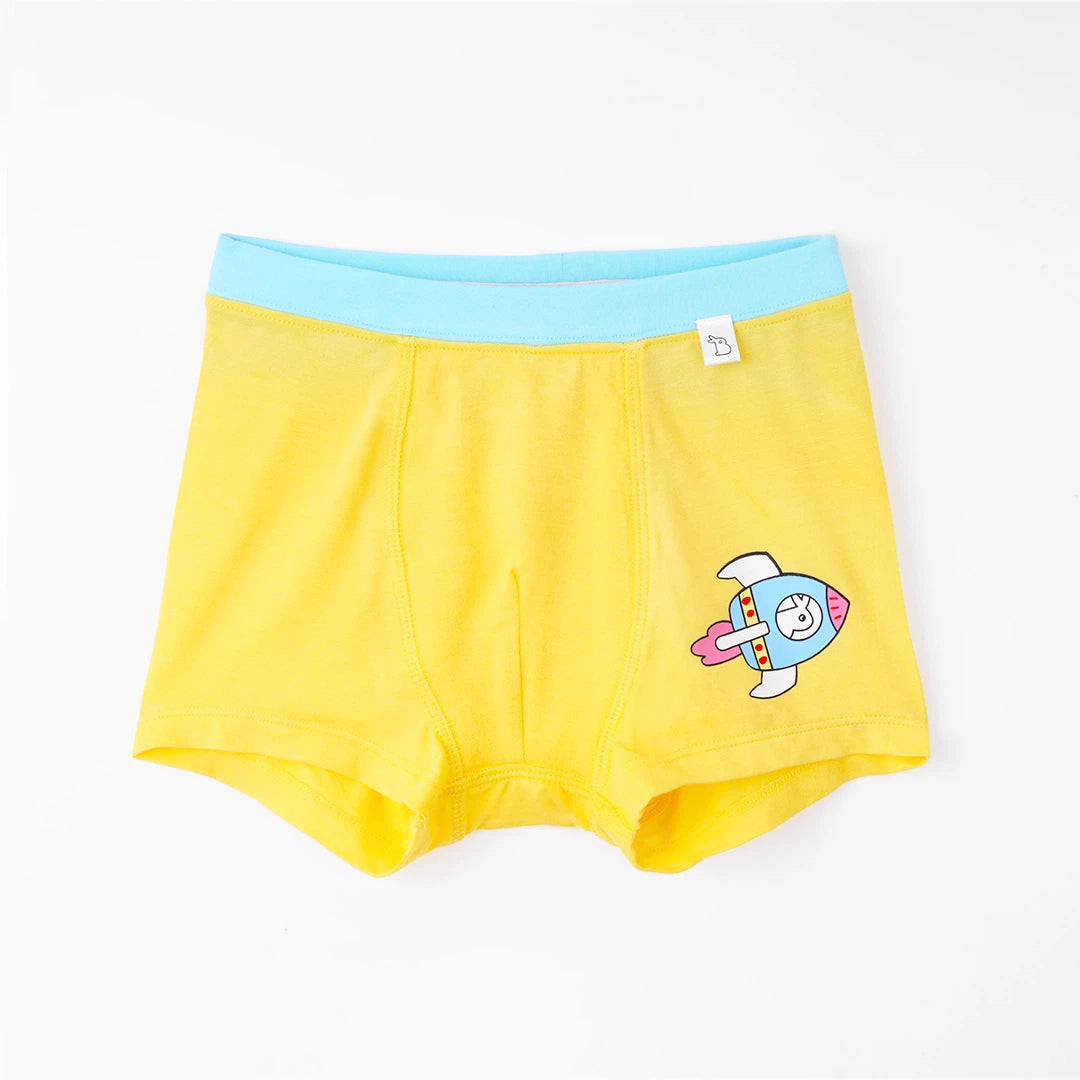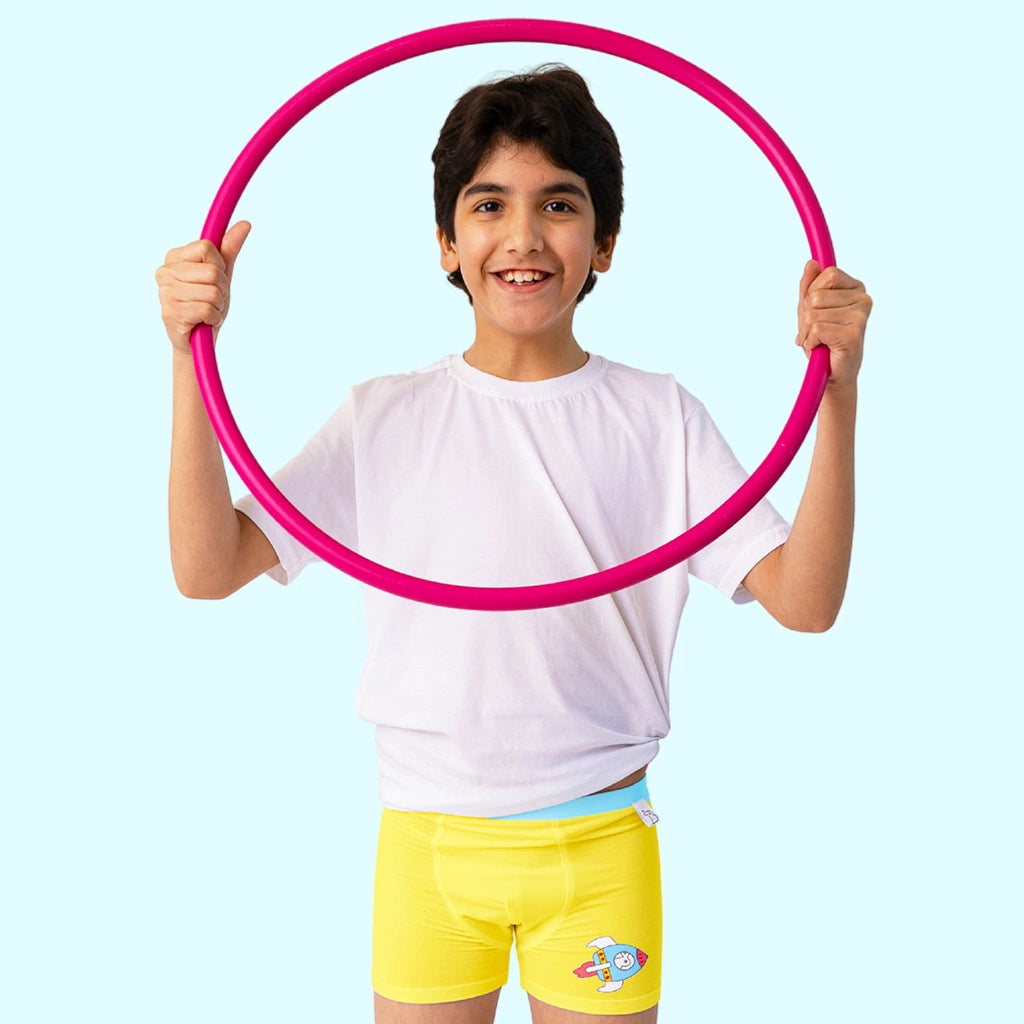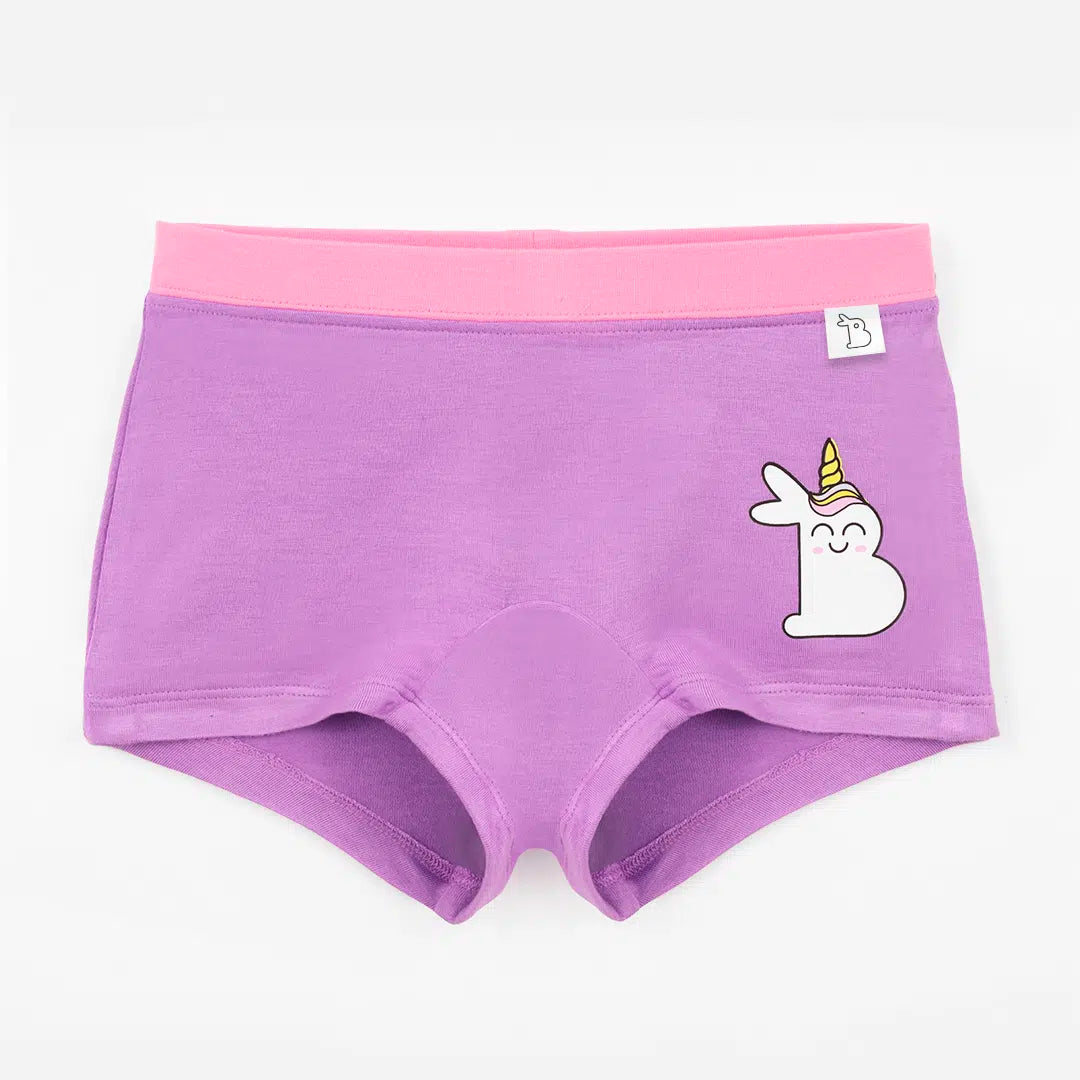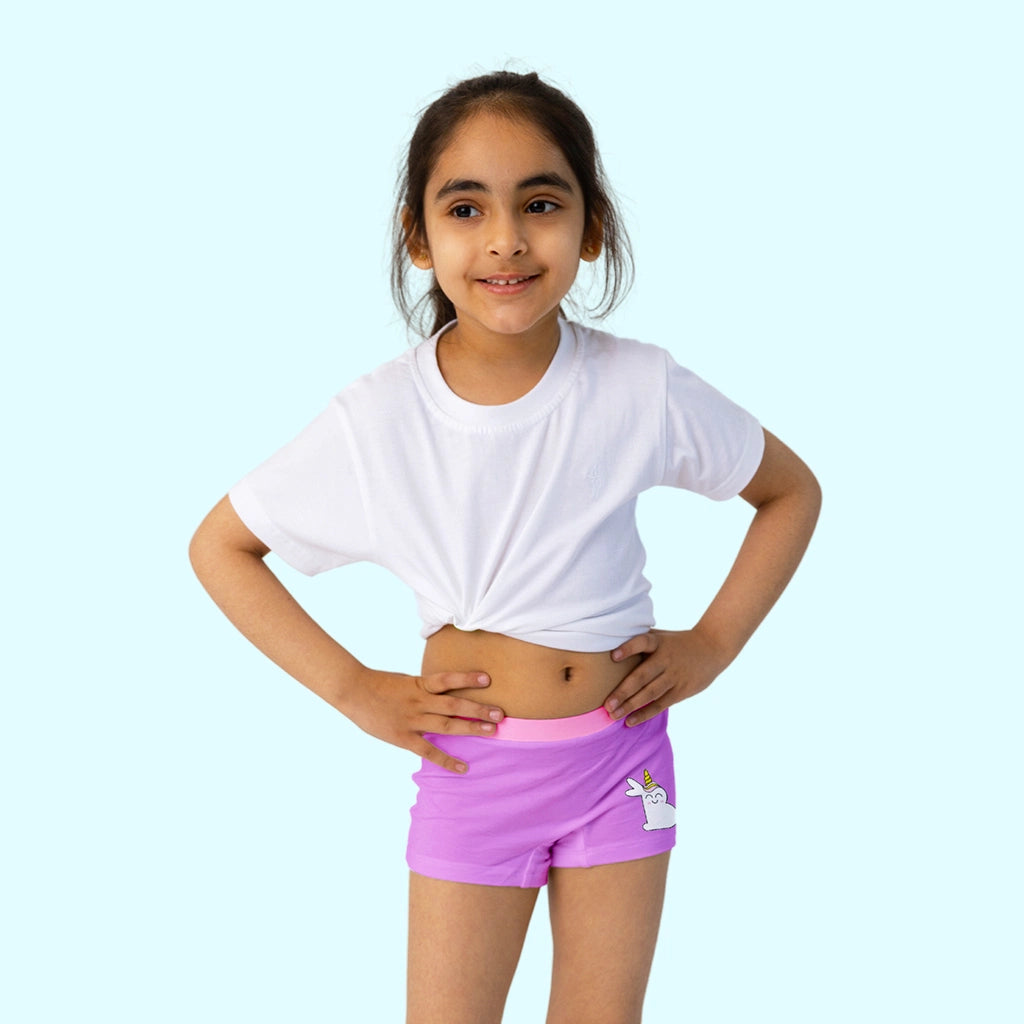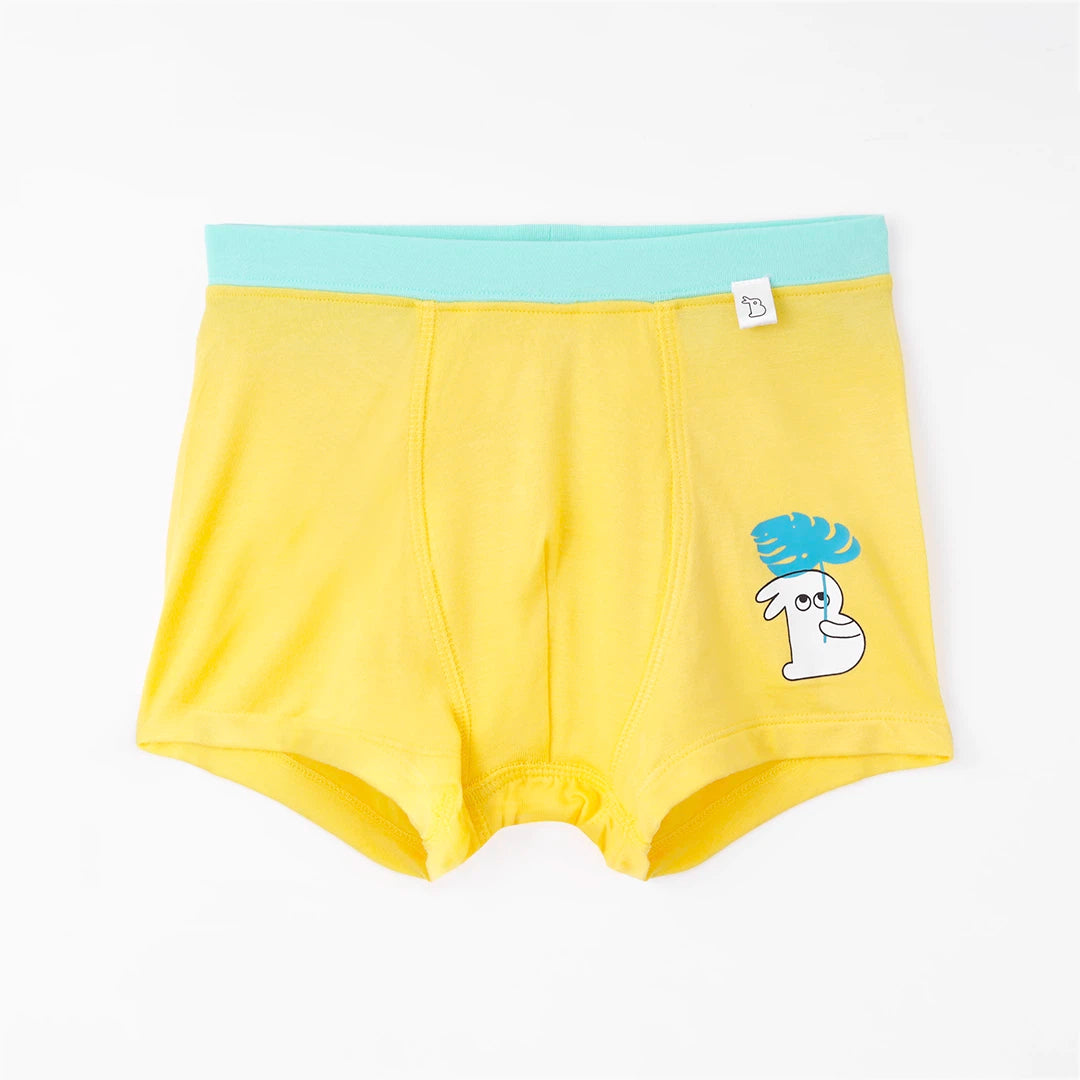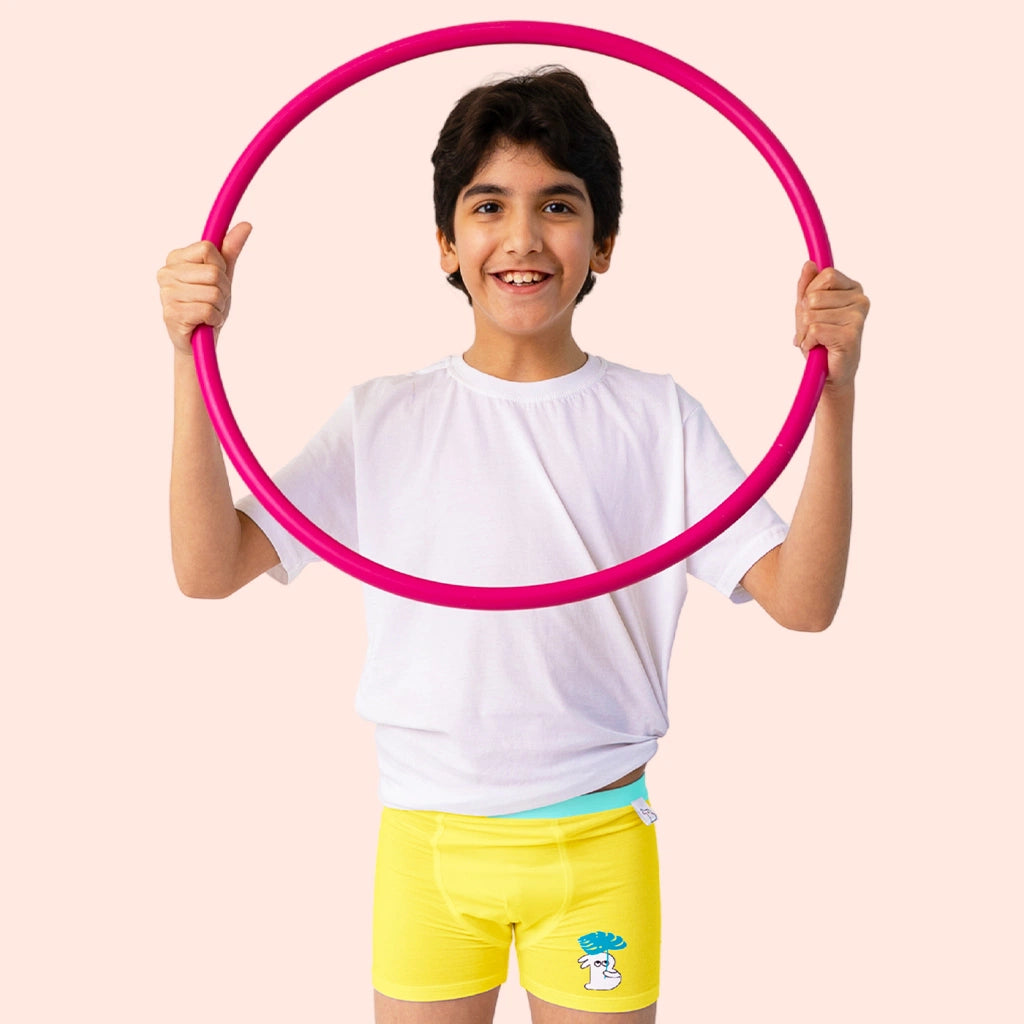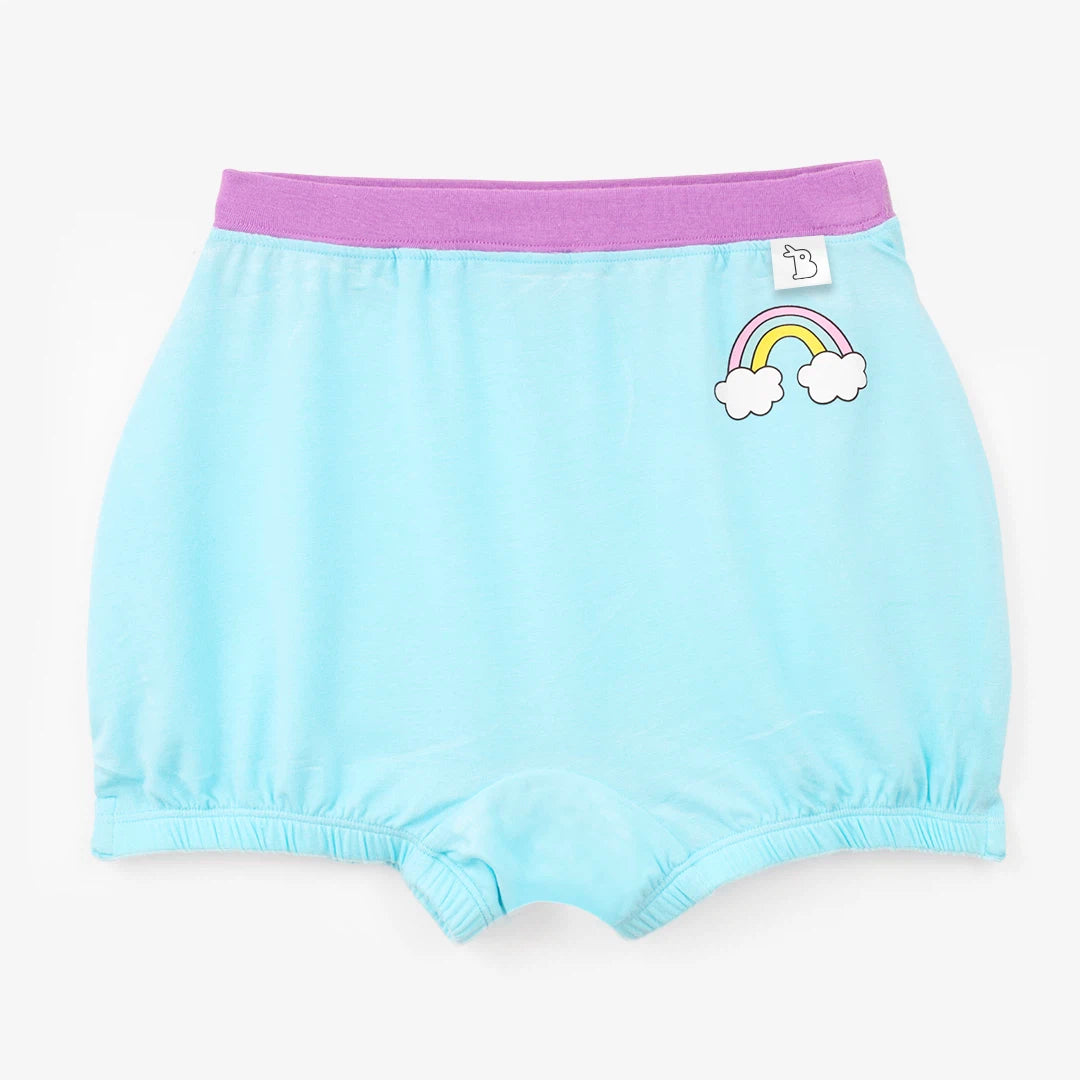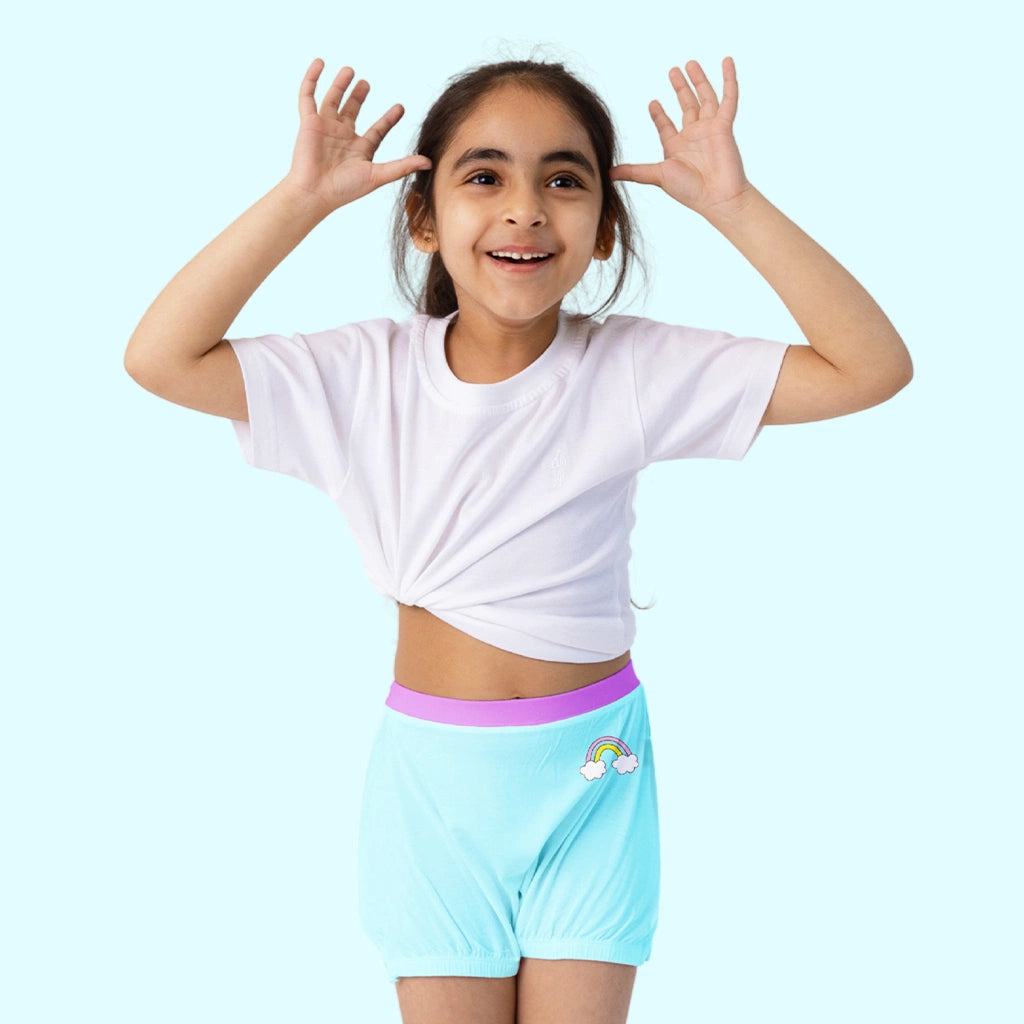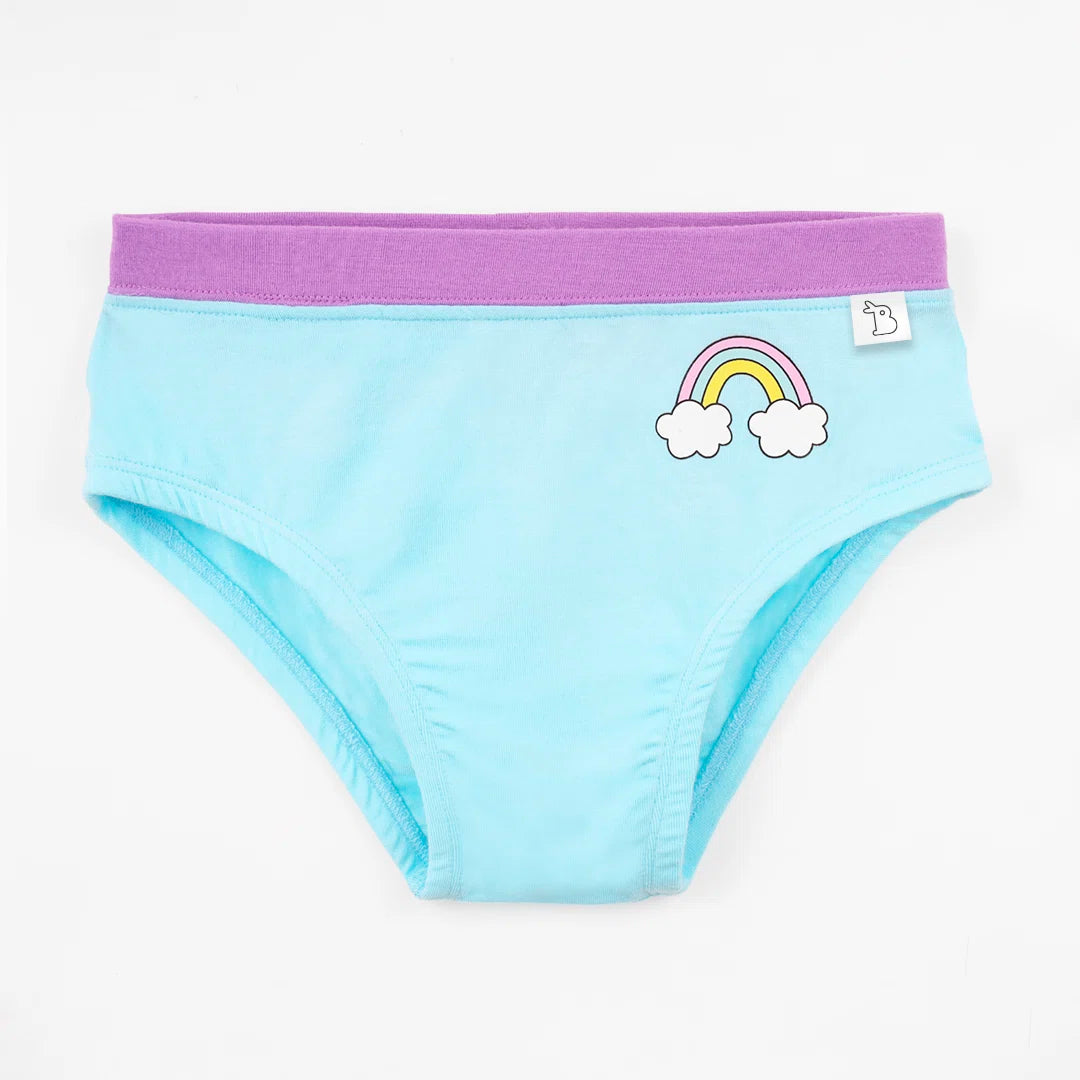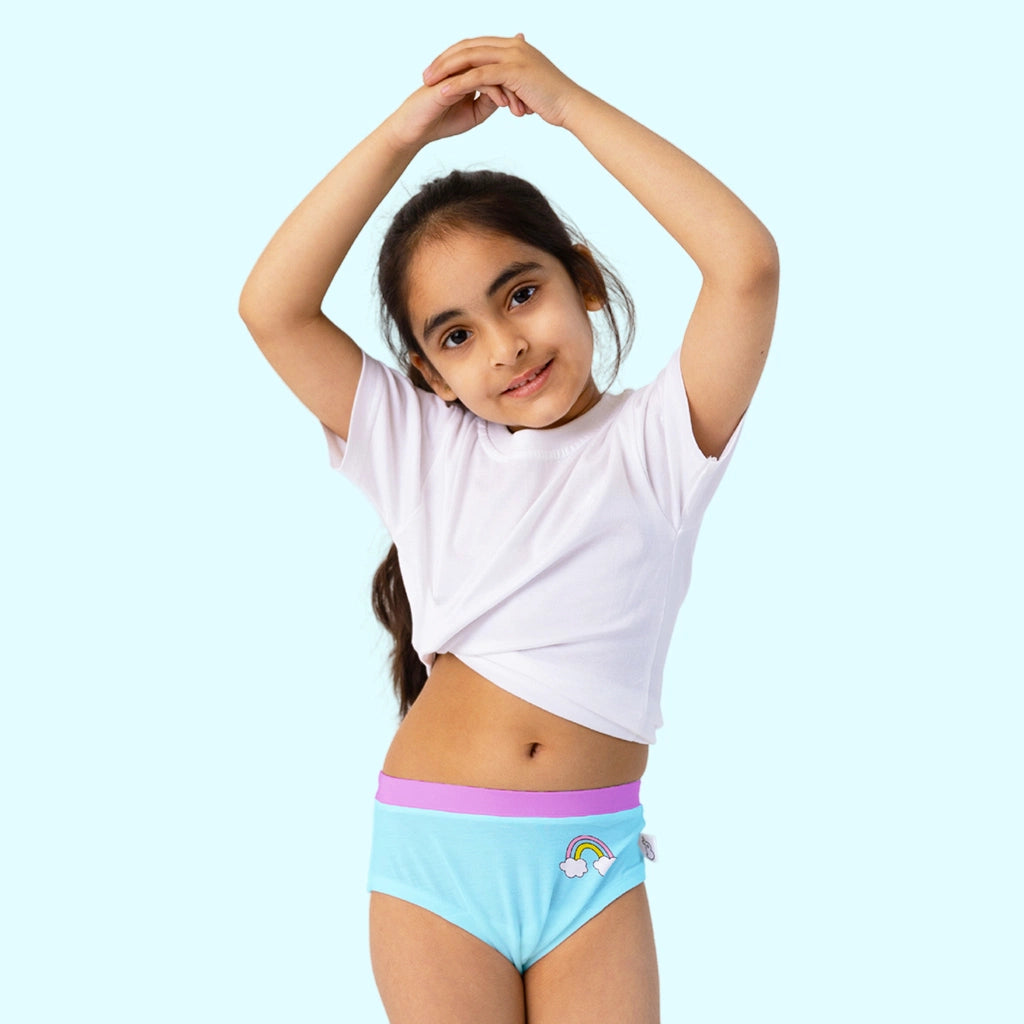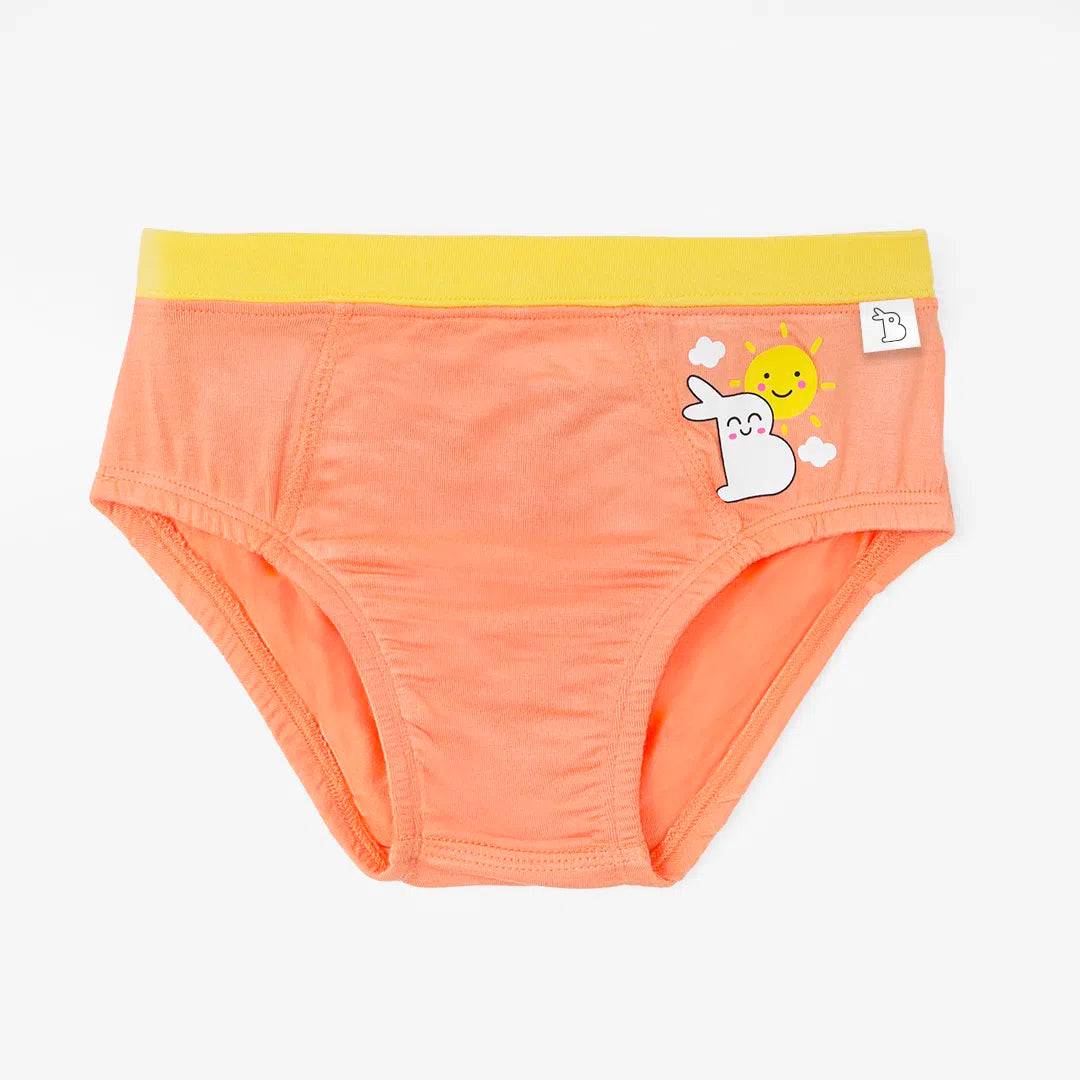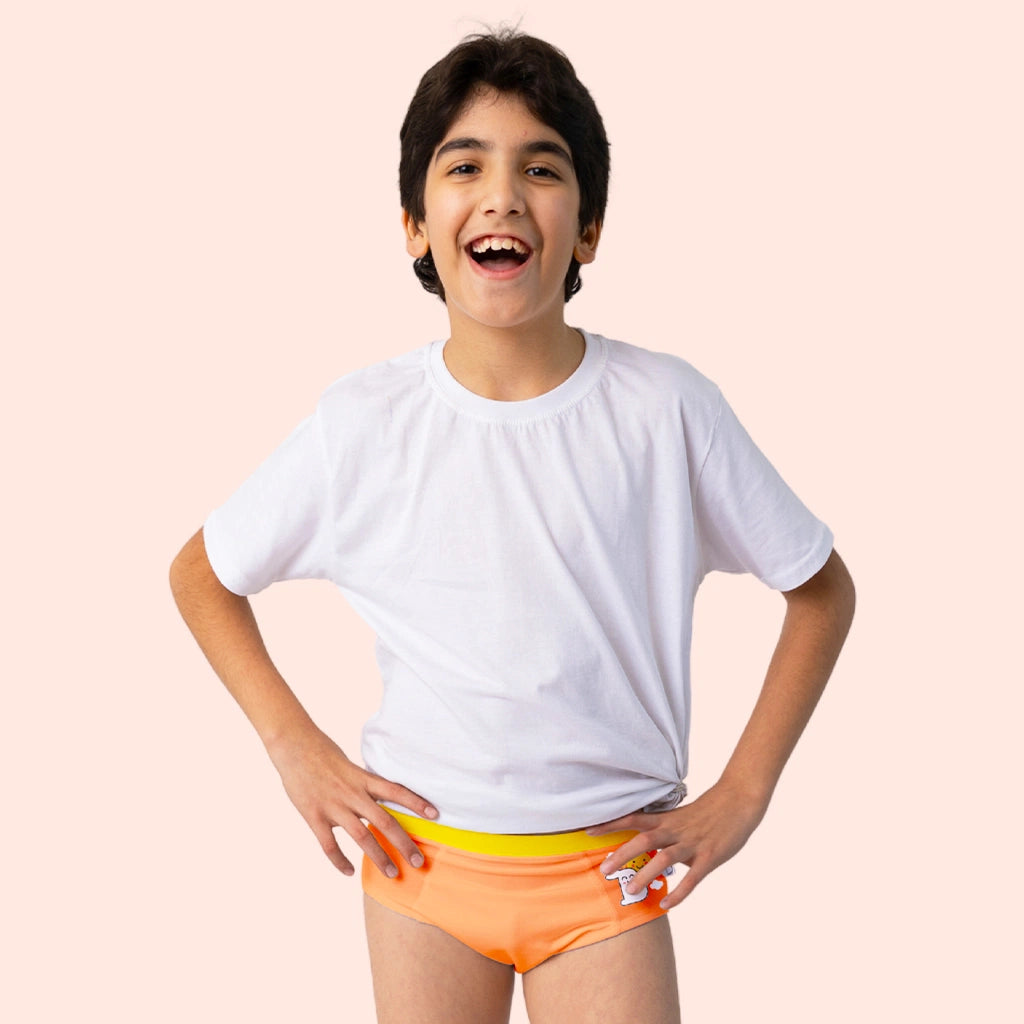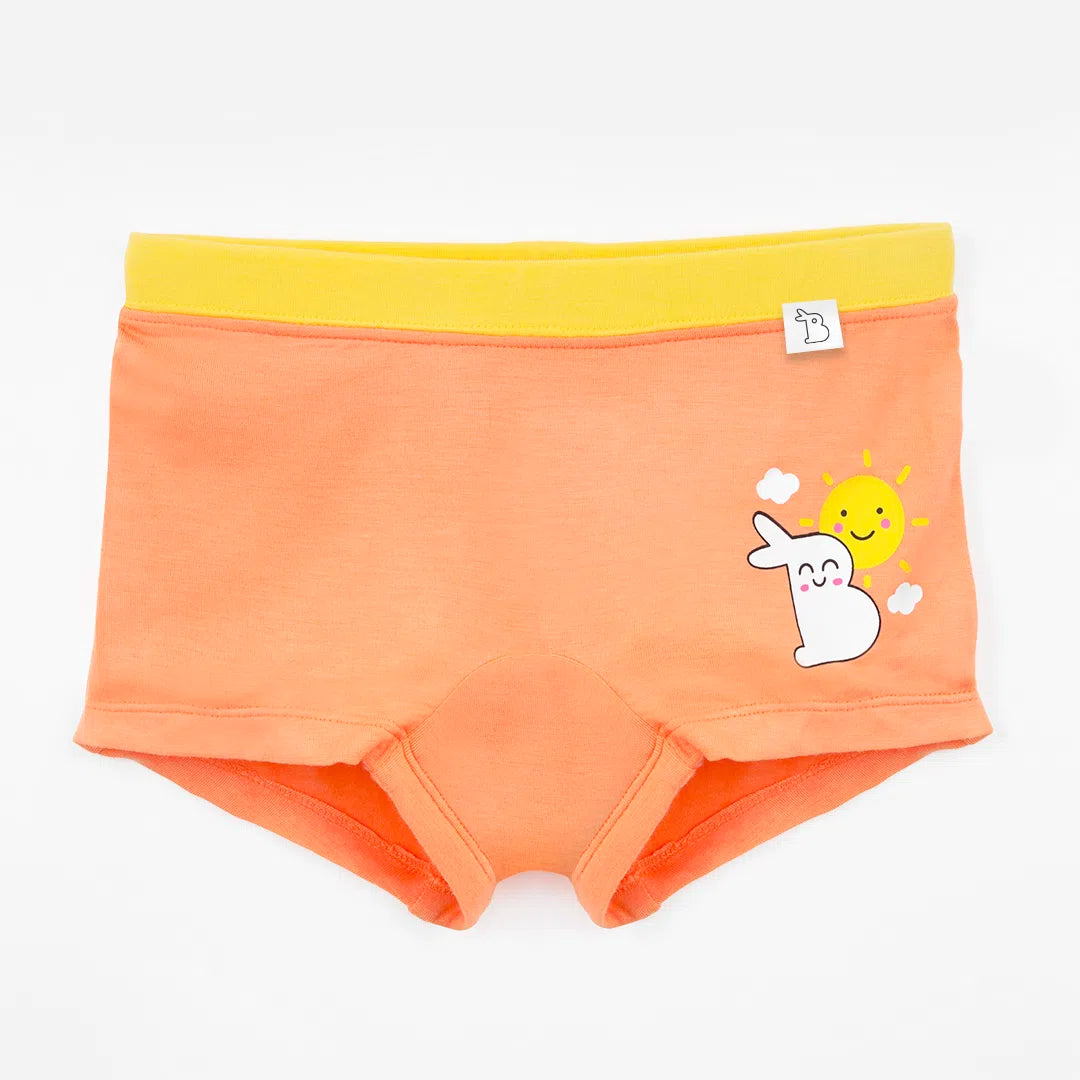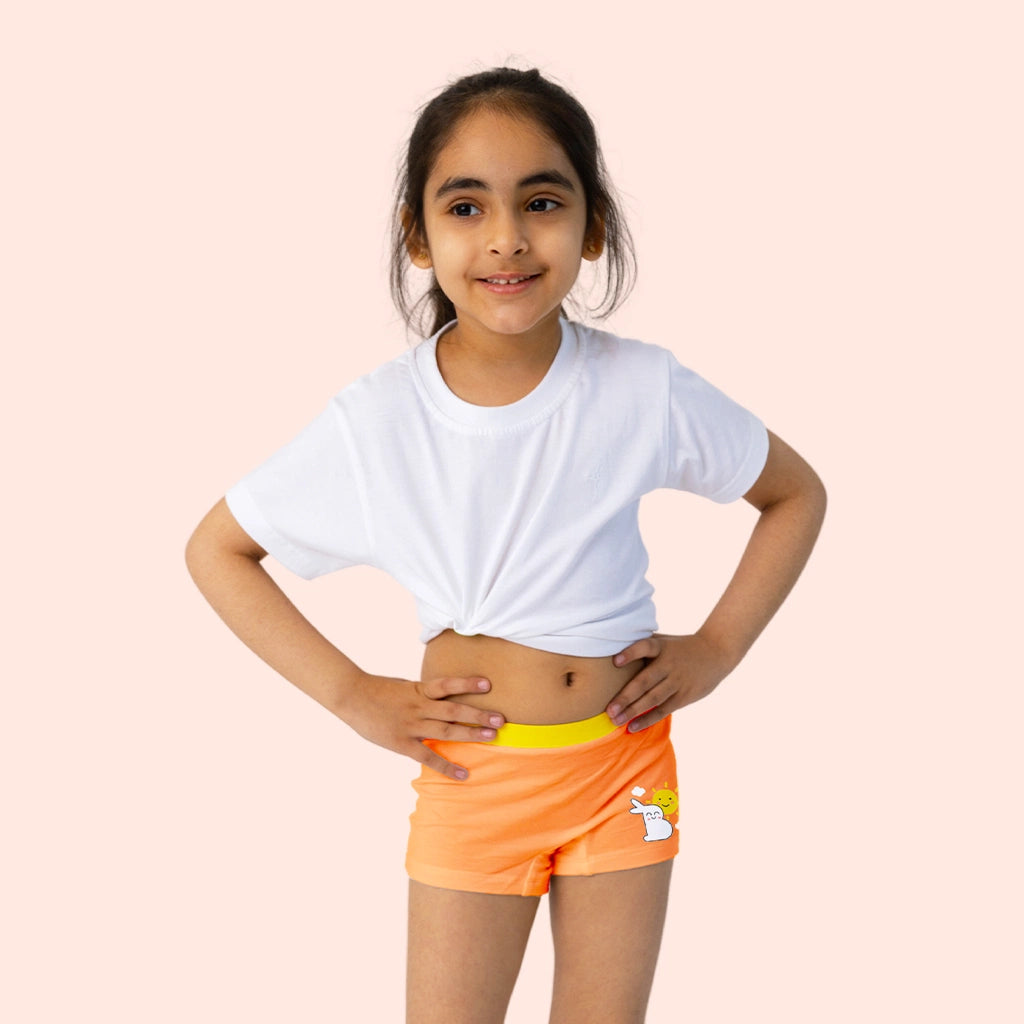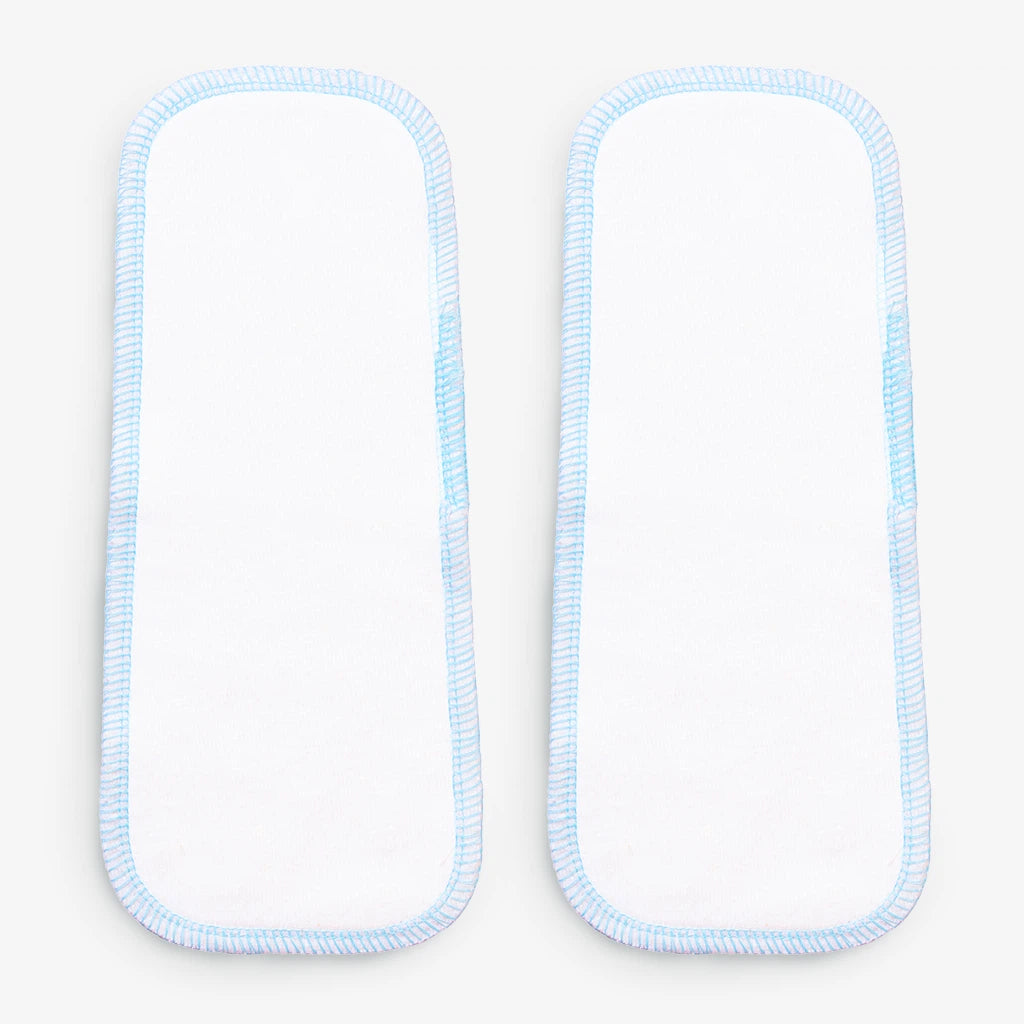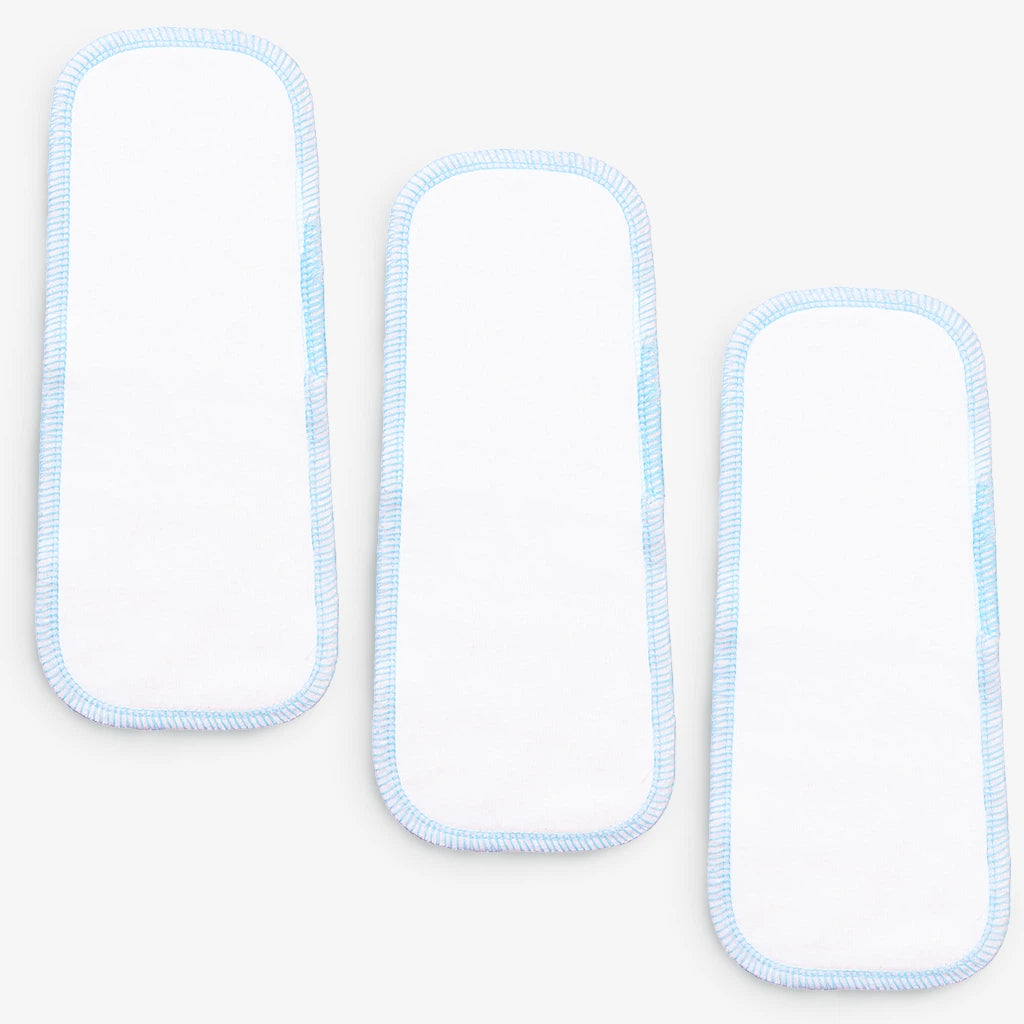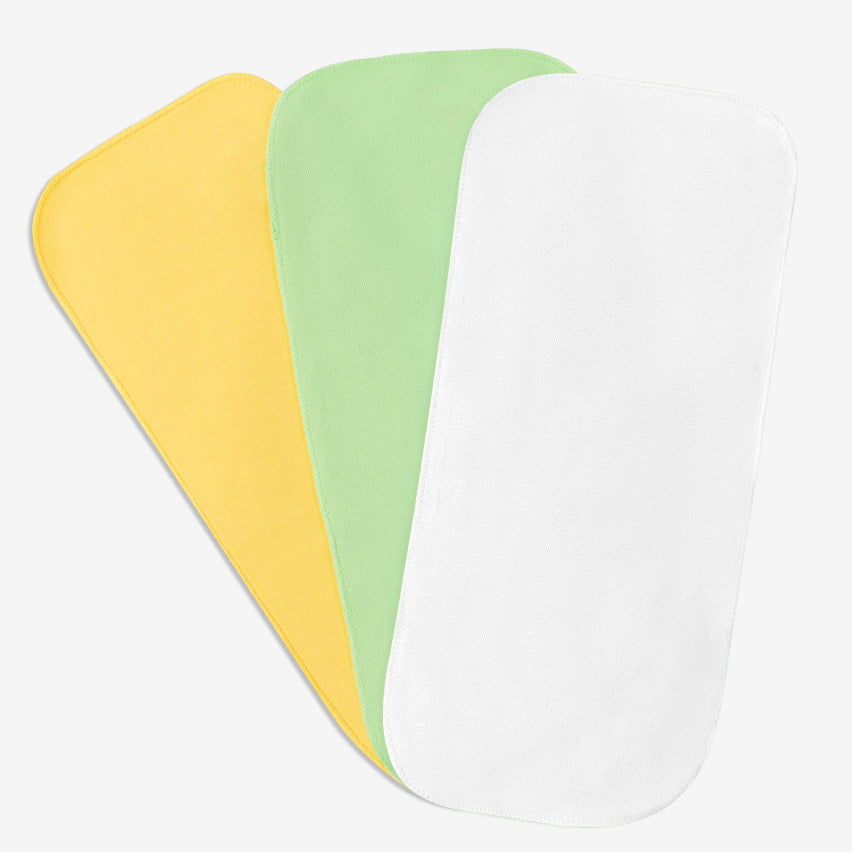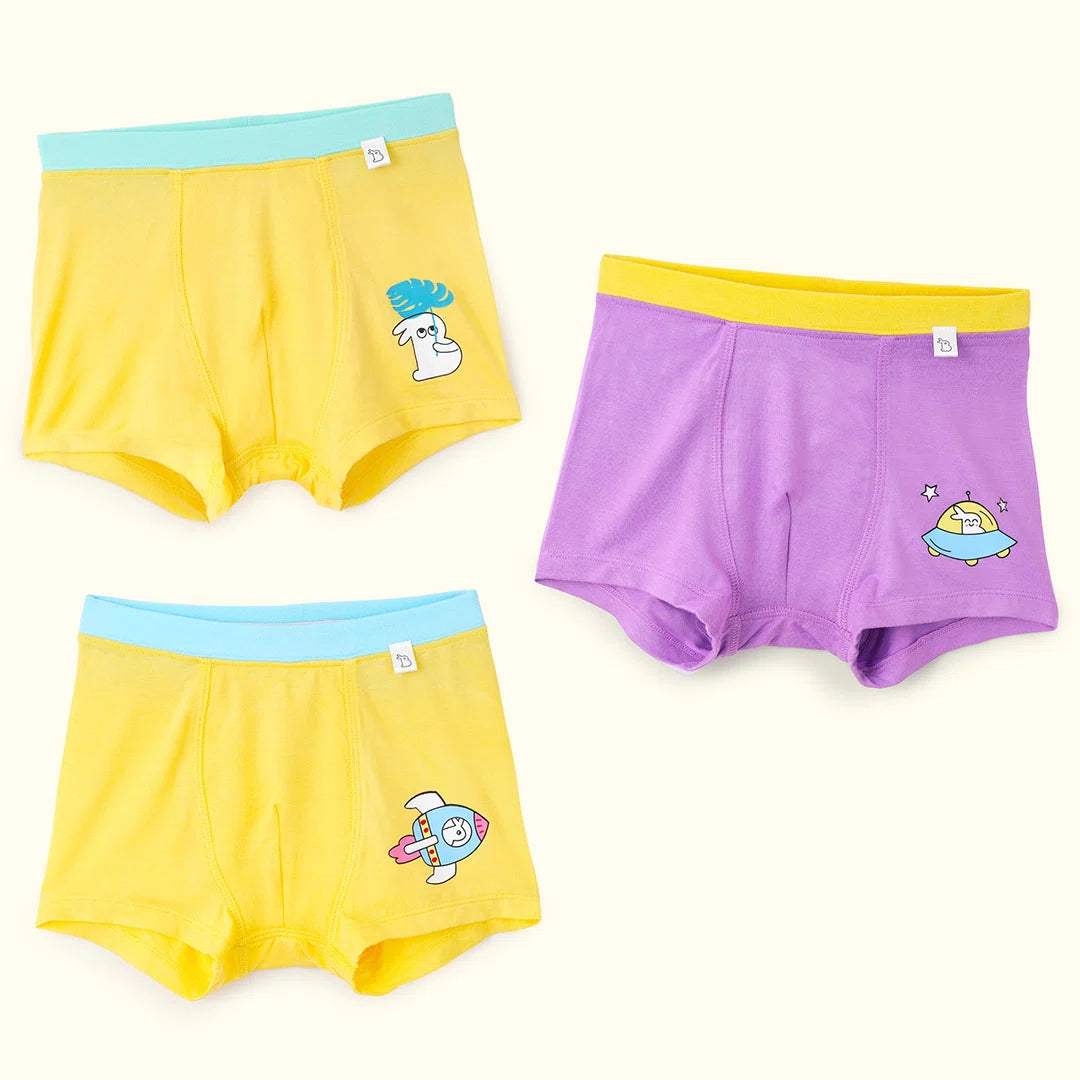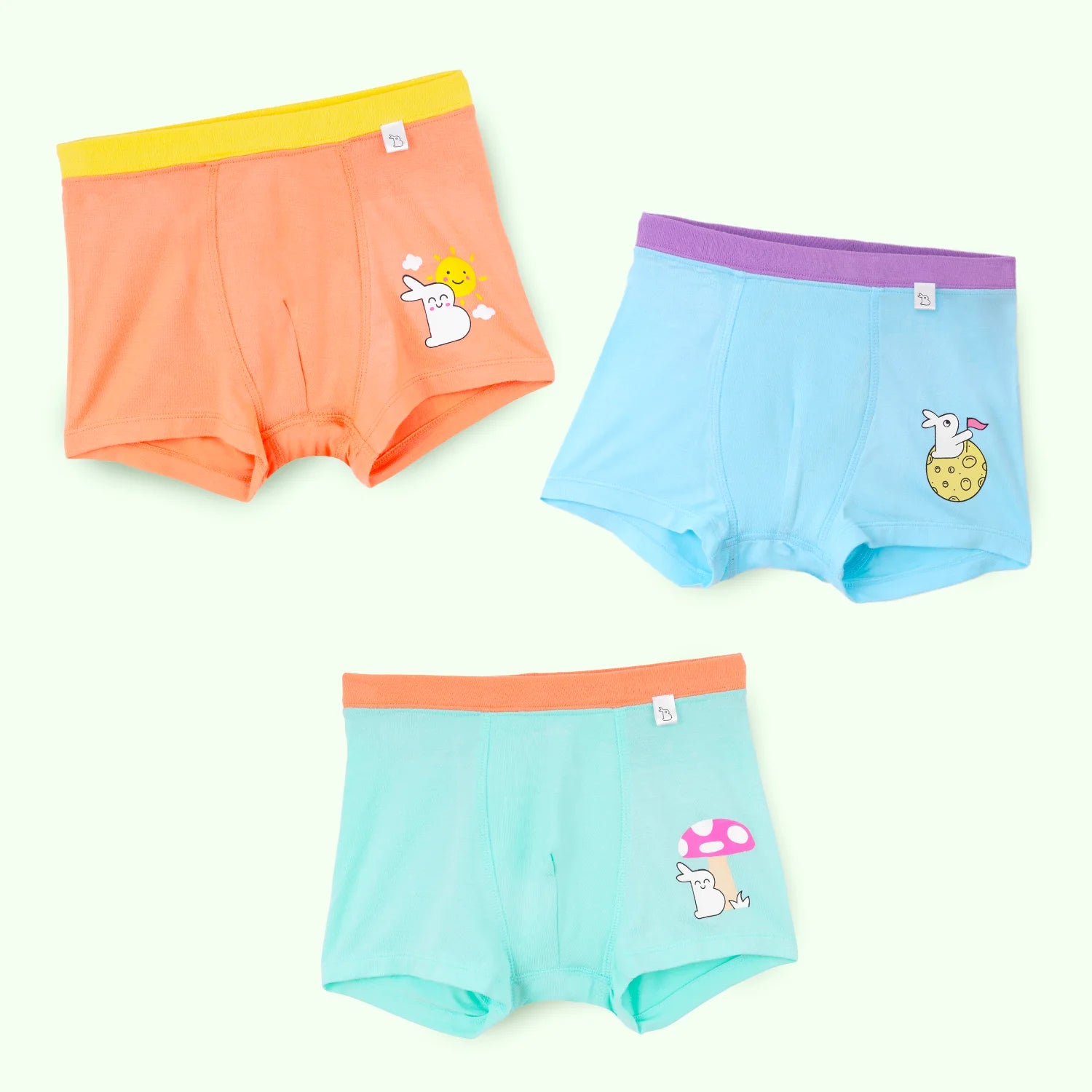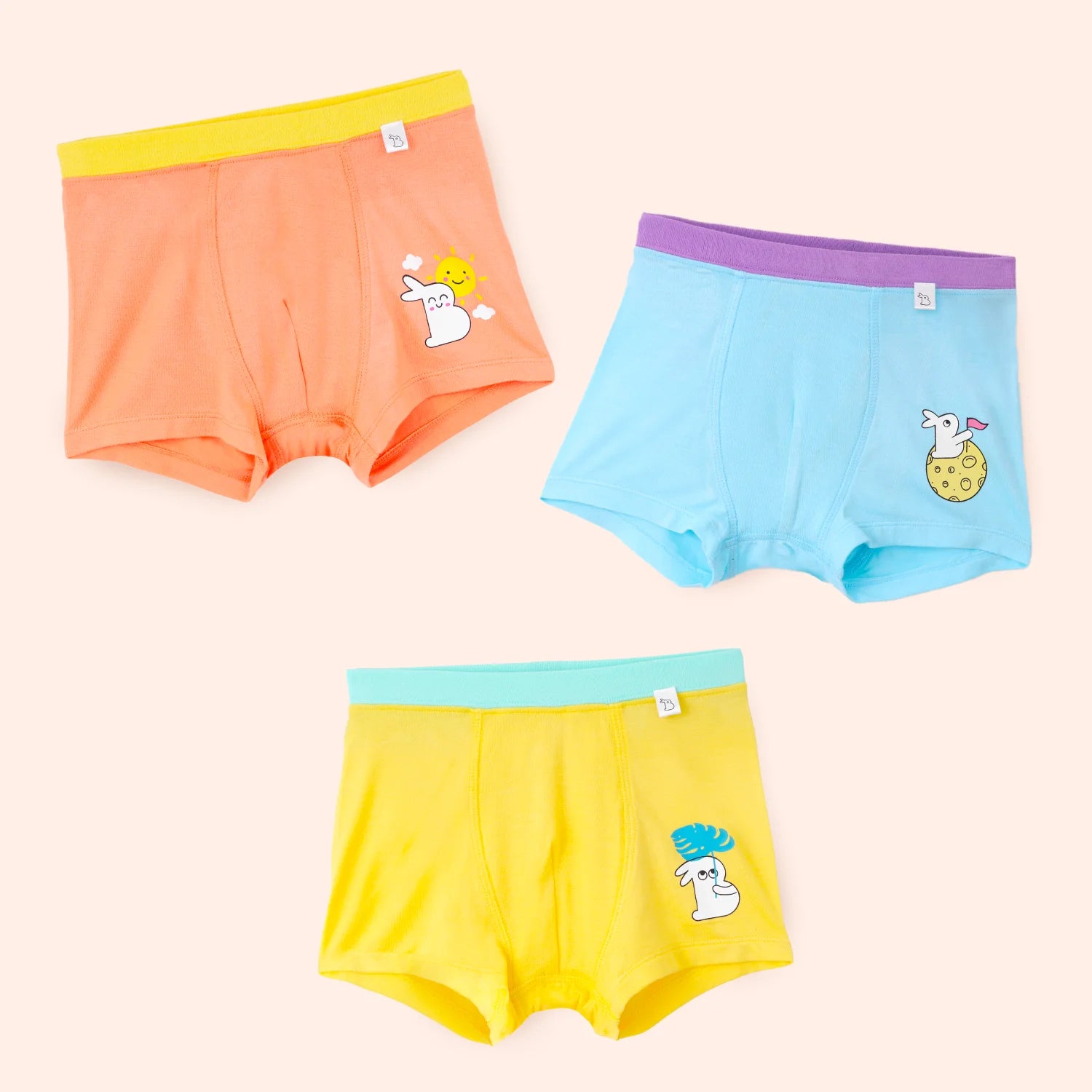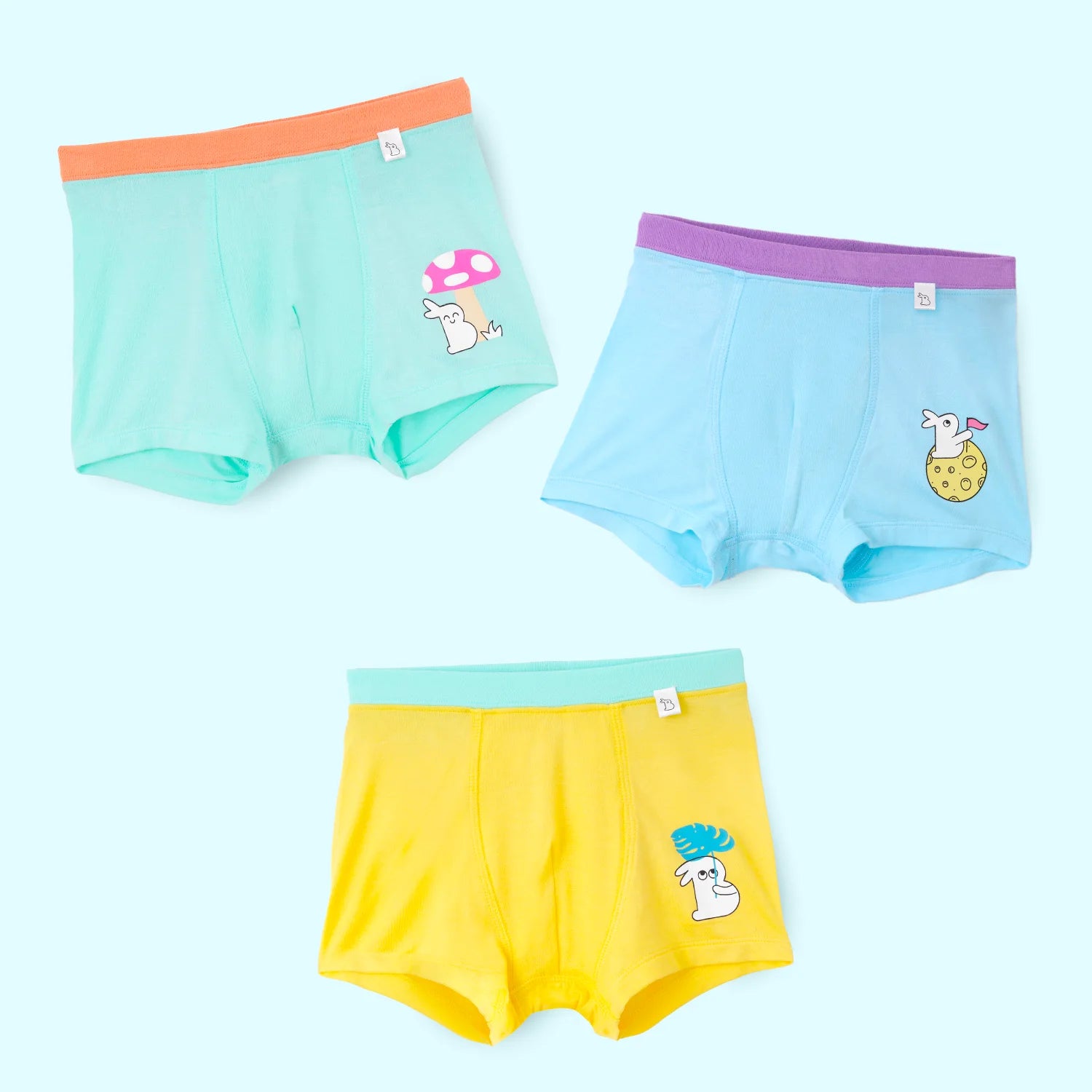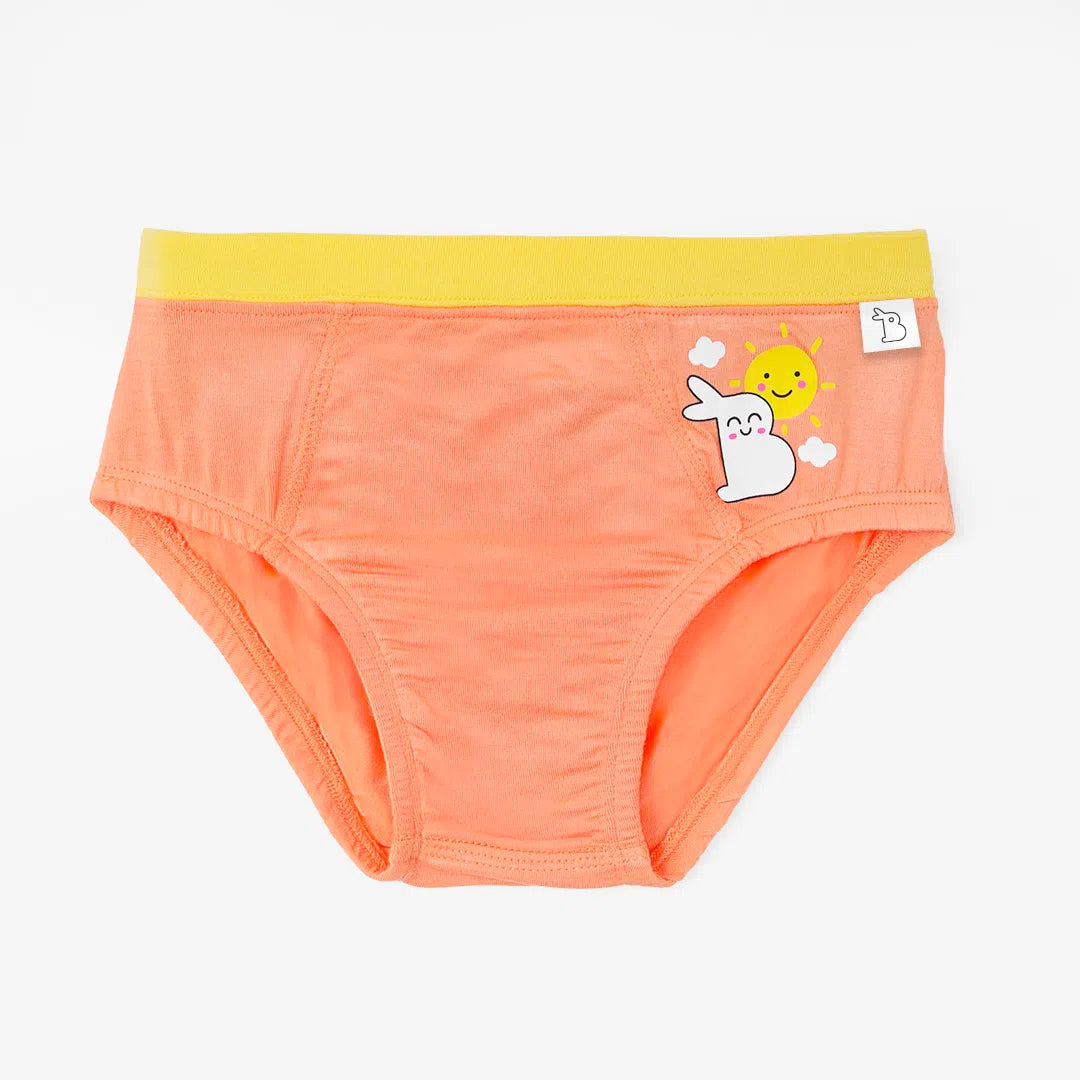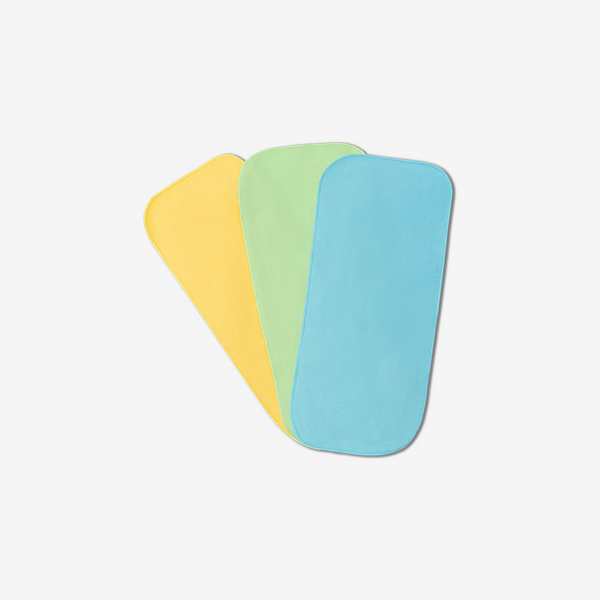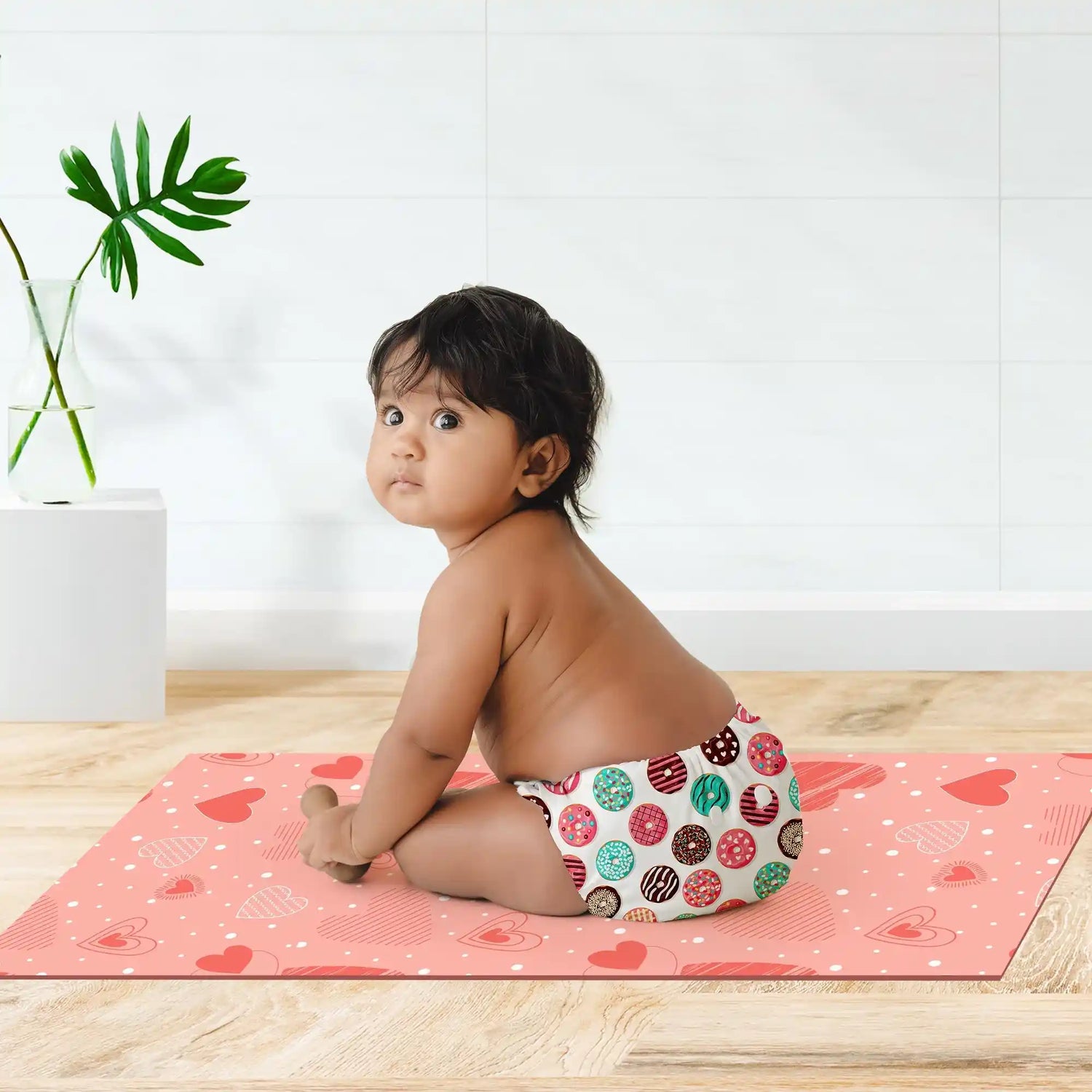When new parents begin exploring diapering options, one of the most common questions is – are cloth diapers hygienic for babies? Many worry about sanitation, convenience, and whether cloth can really compete with disposables. The truth is, modern baby cloth diapers have come a long way from traditional langots. Today’s eco friendly diapers and organic cloth diapers are designed to be hygienic, rash-free, and safe for your baby’s delicate skin, while also being better for the planet.
In this article, we’ll dive deep into whether cloth diapers are hygienic, compare them with disposable diapers, and explain why options like SuperBottoms UNO Cloth Diapers are among the best cloth diapers for newborns in India.
- What Makes Cloth Diapers Hygienic or Unhygienic?
- Are Modern Baby Cloth Diapers Safe for Daily Use?
- How Do Cloth Diapers Compare to Disposable Diapers in Hygiene?
- Can Cloth Diapers Help Prevent Rashes and Allergies?
- Are Eco-Friendly and Organic Diapers More Hygienic?
- How to Wash Cloth Diapers to Keep Them Hygienic
- Are Cloth Diapers Convenient for Parents?
- Why Choose SuperBottoms Cloth Diapers?
- Key Takeaways
- FAQs
-
Message from SuperBottoms
What Makes Cloth Diapers Hygienic or Unhygienic?
The hygiene factor of baby cloth diapers depends on two things: material and maintenance. Cloth diapers made with natural, breathable fabrics like organic cotton are free from harsh chemicals, making them toxic free diapers. Unlike disposables that often contain gels, perfumes, and plastics, cloth diapers allow airflow and reduce bacterial growth.
The key is proper washing and drying. When cleaned correctly, organic cloth diapers are just as hygienic, if not more, than disposable alternatives.
Are Modern Baby Cloth Diapers Safe for Daily Use?
Absolutely! Unlike the old-style nappies, modern cloth diapers are designed with multiple absorbent layers, waterproof outer shells, and stay-dry surfaces. Products like SuperBottoms Freesize UNO Cloth Diapers keep your baby dry for hours and prevent leaks while being gentle on sensitive skin.
These innovations make them among the best cloth diapers for newborns and toddlers alike, ensuring both hygiene and comfort for everyday use.
How Do Cloth Diapers Compare to Disposable Diapers in Hygiene?
Many parents assume disposables are more hygienic because they’re single-use. However, this isn’t always true. Disposable diapers often contain chemicals and synthetic fragrances that can irritate a baby’s skin.
On the other hand, eco-friendly diapers like cloth options are washable, reusable, and chemical-free diapers that don’t expose your child to toxins. When washed properly, cloth diapers are just as hygienic and far healthier for your baby’s skin in the long run.
Can Cloth Diapers Help Prevent Rashes and Allergies?
Yes! Most rashes are caused by trapped moisture, synthetic chemicals, or a lack of breathability in disposable products. Cloth diapers, especially rash free diapers like SuperBottoms UNO with a Dry Feel layer, wick moisture away from your baby’s skin and reduce irritation.
Additionally, since organic diapers are free from dyes, perfumes, and plastic layers, they are less likely to trigger allergies or rashes, making them the preferred choice for babies with sensitive skin.
Are Eco-Friendly and Organic Diapers More Hygienic?
Eco-friendly cloth diapers and organic diapers are not only good for the planet but also healthier for your baby. Being chemical free diapers, they do not contain harmful substances like phthalates, chlorine, or dioxins that are often found in disposable diapers.
This makes them toxic free diapers that provide a hygienic, breathable, and skin-safe diapering solution. By switching to eco friendly diapers, parents also reduce waste and contribute to a more sustainable future.
How to Wash Cloth Diapers to Keep Them Hygienic
One concern parents have is cleaning. Here’s how you can ensure eco-friendly cloth diapers remain hygienic:
- Pre-rinse: Wash off solids before a full wash.
- Machine wash: Use a baby-safe detergent, no fabric softeners.
- Hot water cycle: Helps kill germs and bacteria.
- Sun dry: Natural sunlight acts as a natural disinfectant.
SuperBottoms provides detailed wash-care guidelines to help parents keep their organic cloth diapers clean, fresh, and long-lasting.
Are Cloth Diapers Convenient for Parents?
With modern innovations, cloth diapering has become a convenient option. Adjustable sizing, snap closures, and quick-drying fabrics make them parent-friendly. Unlike disposables, which are costly and non-biodegradable, eco friendly cloth diapers are reusable, saving money in the long term.
Parents looking for rash free diapers that are safe, practical, and sustainable find cloth diapers a more convenient choice.
Why Choose SuperBottoms Cloth Diapers?
SuperBottoms is India’s #1 sustainable diapering brand trusted by thousands of parents. Their Freesize UNO Cloth Diaper is:
- Reusable up to 300+ washes
- Provides 10–12 hours of dry feel with booster pads
- Made with toxic free, chemical free fabrics
- Skin-safe and environmentally friendly diapers
They also offer newborn UNO diapers and organic cloth diapers designed specifically for delicate newborn skin, making them among the best cloth diapers for newborns in India.
So, are cloth diapers hygienic? The answer is yes – as long as they are washed and maintained properly. In fact, eco friendly cloth diapers like SuperBottoms are more hygienic, breathable, and rash-free than disposables. They not only protect your baby’s skin with chemical free diapers but also safeguard the planet by being reusable and environmentally friendly diapers.
Switching to organic cloth diapers means choosing safety, comfort, and sustainability for your little one – and that’s a win-win for every parent.
|
Limited Offers Ending Sooner - BUY NOW Now or never offers live on the SuperBottoms website. Take advantage of the never-before Good Value for Money on our offer page! Stock up on the bestselling UNO diapers, accessories and other popular SuperBottoms baby and mom products now available in deals and discounts. HURRY, the Deals are Live till stocks last! |
Key Takeaways
- Cloth diapers are hygienic when washed and maintained properly.
- Eco-friendly and organic cloth diapers are safer, rash-free, and chemical-free compared to disposables.
- Brands like SuperBottoms offer toxic free diapers that are cost-effective and environmentally friendly.
Cloth Diapers: People Also Ask.
1. Are cloth diapers hygienic for newborns?
Yes, especially when using best cloth diapers for newborns like SuperBottoms Newborn UNO, which are safe, breathable, and skin-friendly.
2. Do cloth diapers cause rashes?
No. In fact, rash free diapers made from natural fabrics reduce the risk of diaper rashes compared to chemical-laden disposables.
3. How many cloth diapers do I need for a newborn?
Typically, 16–20 baby cloth diapers are enough to ensure daily rotation and hygiene.
4. Are organic diapers better than regular cloth diapers?
Yes, organic cloth diapers are softer, more breathable, and free from harmful chemicals, making them a more hygienic option.
5. Can cloth diapers really be eco-friendly?
Yes! Since they’re washable and reusable, they are eco friendly diapers and environmentally friendly diapers that help reduce landfill waste.
Message from SuperBottoms
Hi there, new parents! SuperBottoms brings you doctor-recommended cloth diapers — the best rash-free diapering solution for your baby’s sensitive and delicate skin. Unlike disposable diapers loaded with chemicals, our newborn cloth diapers, when used and washed properly, can help eliminate the risk of diaper rashes. SuperBottoms offers a wide range of safe, skin-friendly essentials for the whole family — including Reusable Cloth Diapers, Diaper Pants, DryFeel langots for diaper-free time, Padded Underwear for potty training, SuperSoft Underwear for everyday comfort, Joggers for playful days, and Period Underwear for women. Not just for everyday use, SuperBottoms products also make the best gifting choice for babies — thoughtful, eco-friendly, practical, and loved by parents. Now available on Amazon, Myntra, Flipkart, FirstCry, Zepto, Swiggy and Blinkit.



